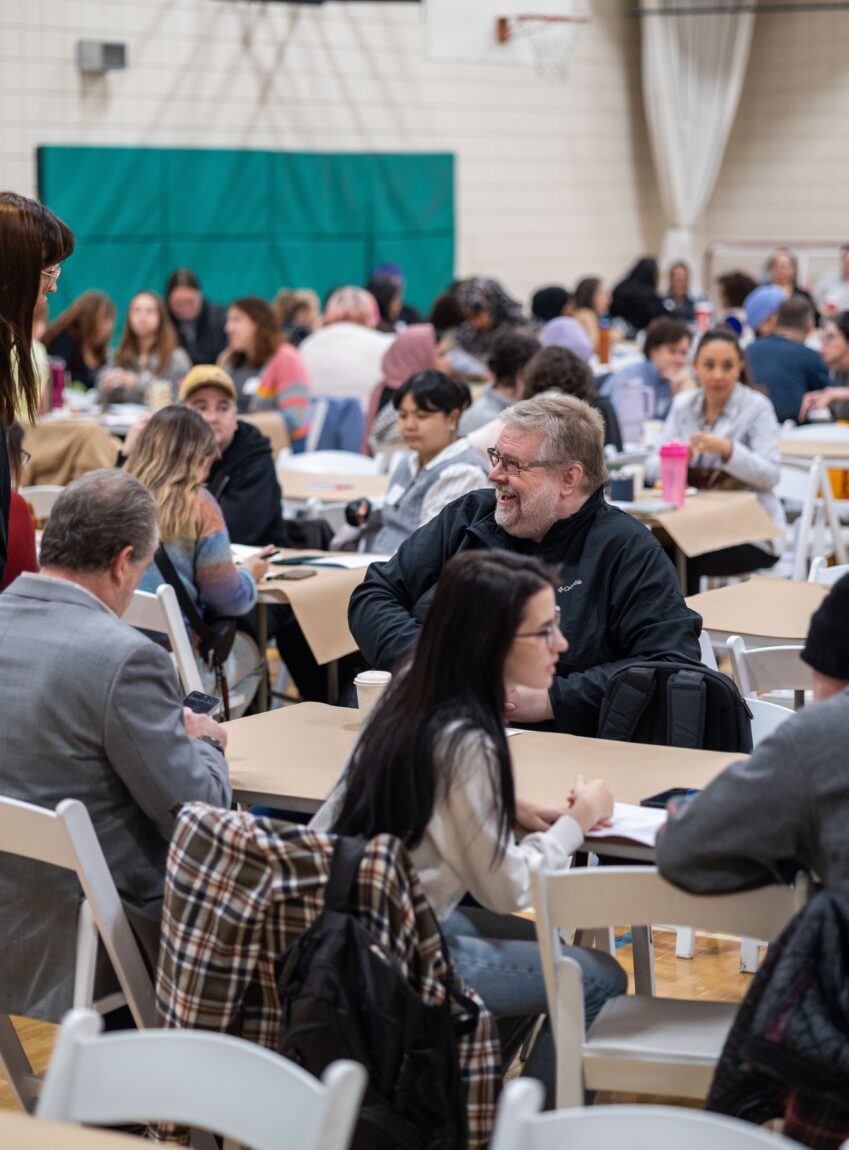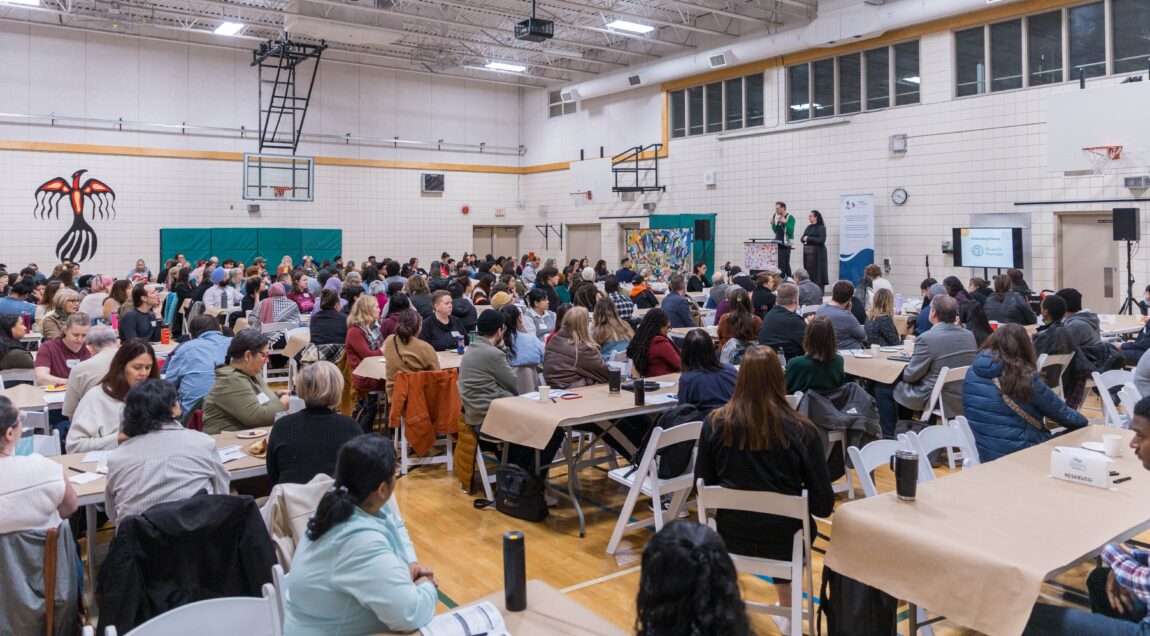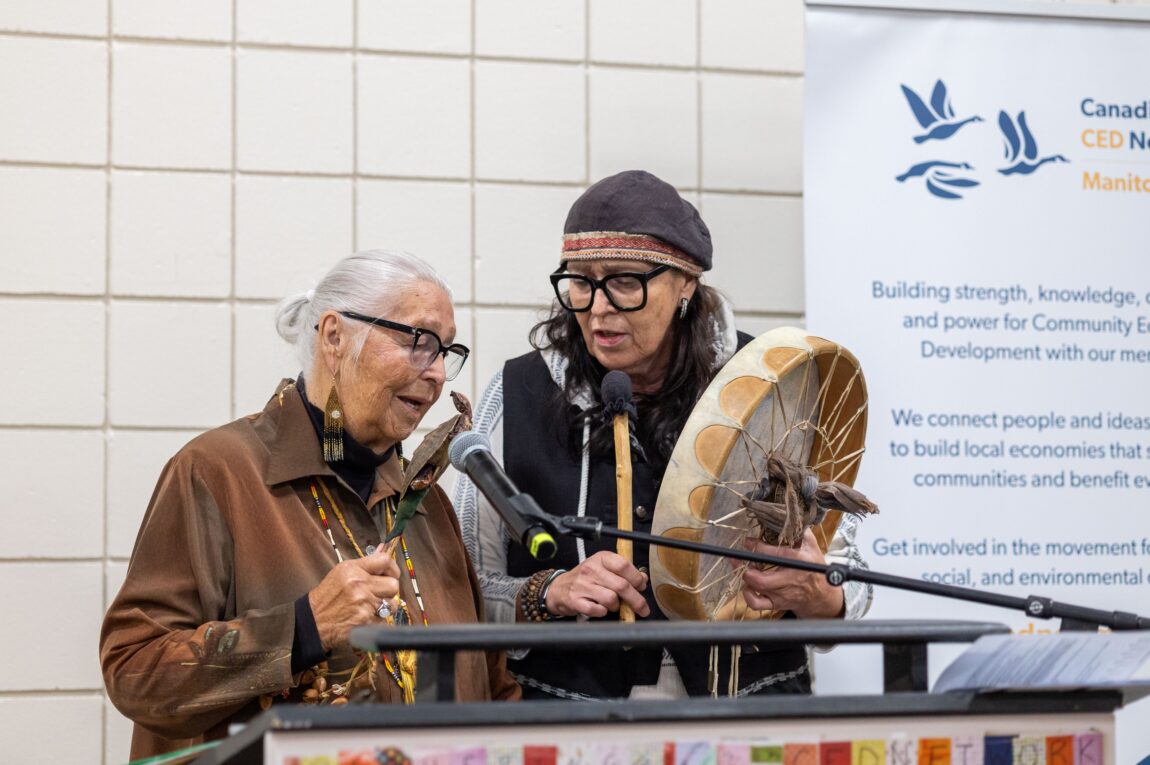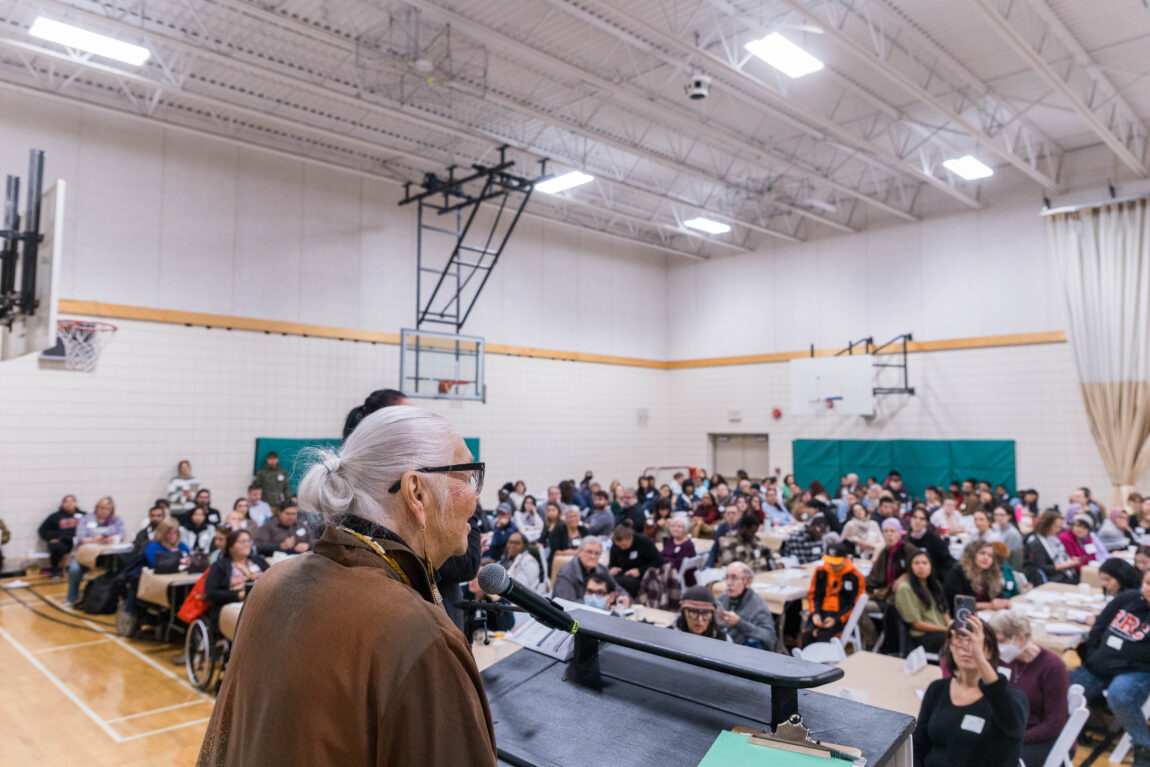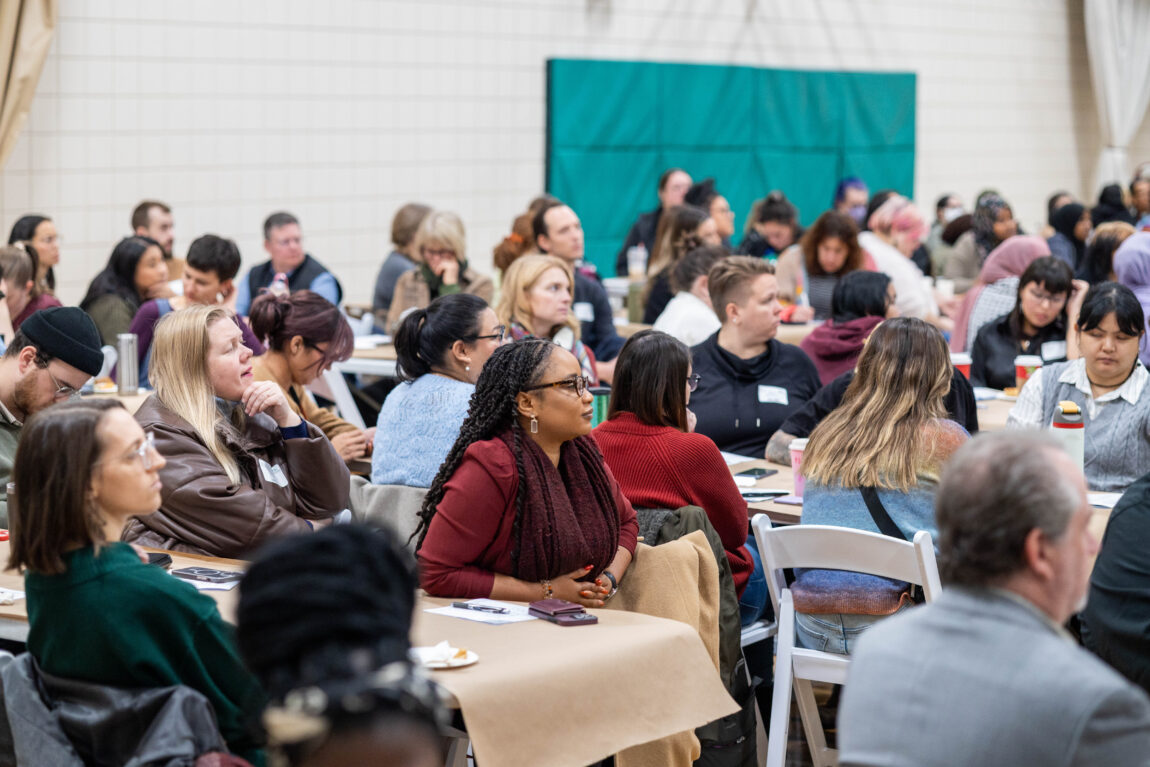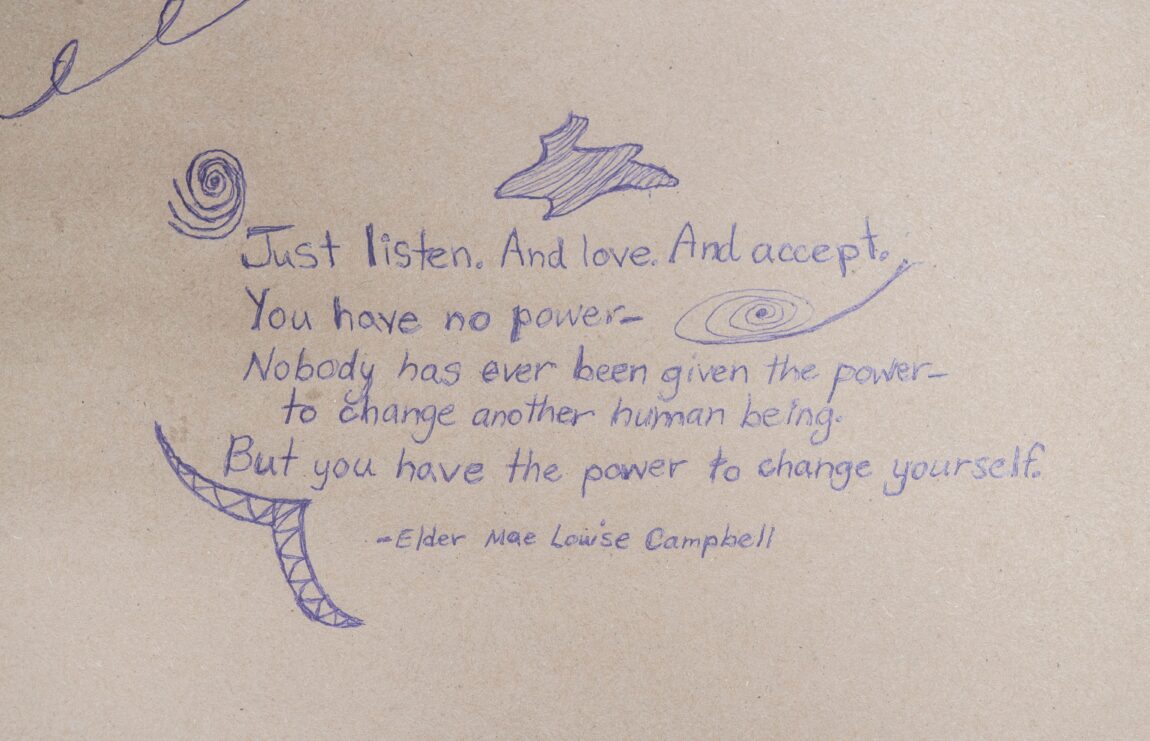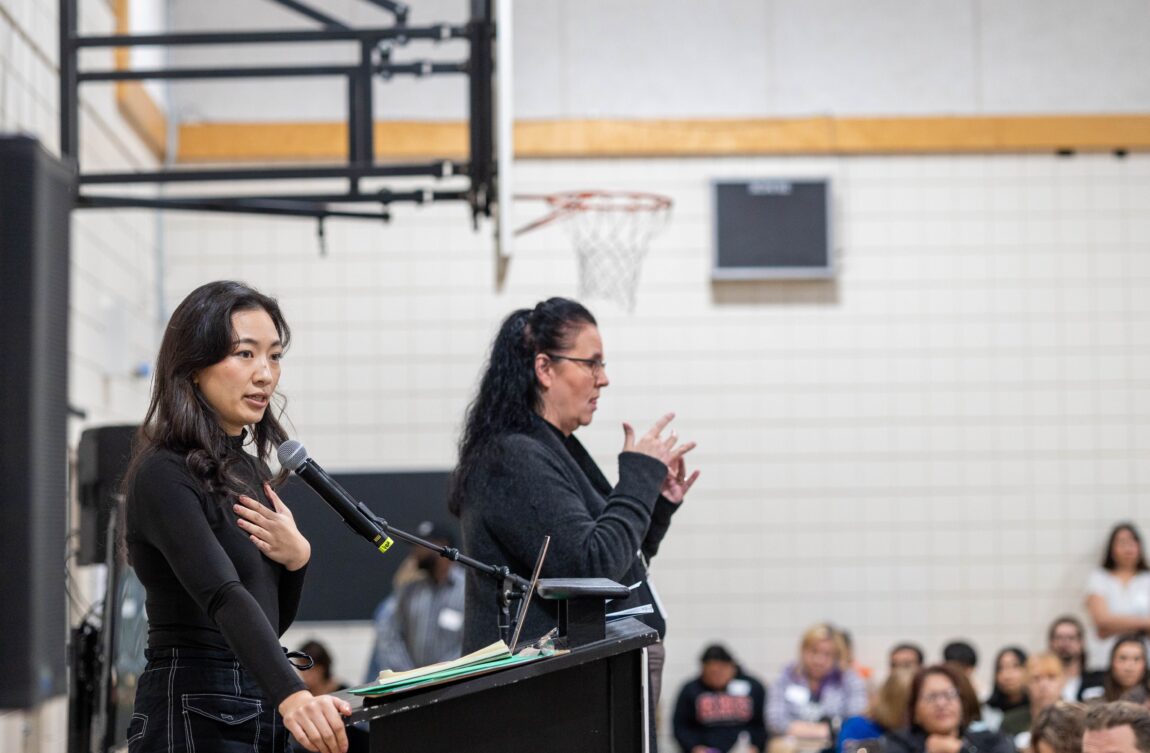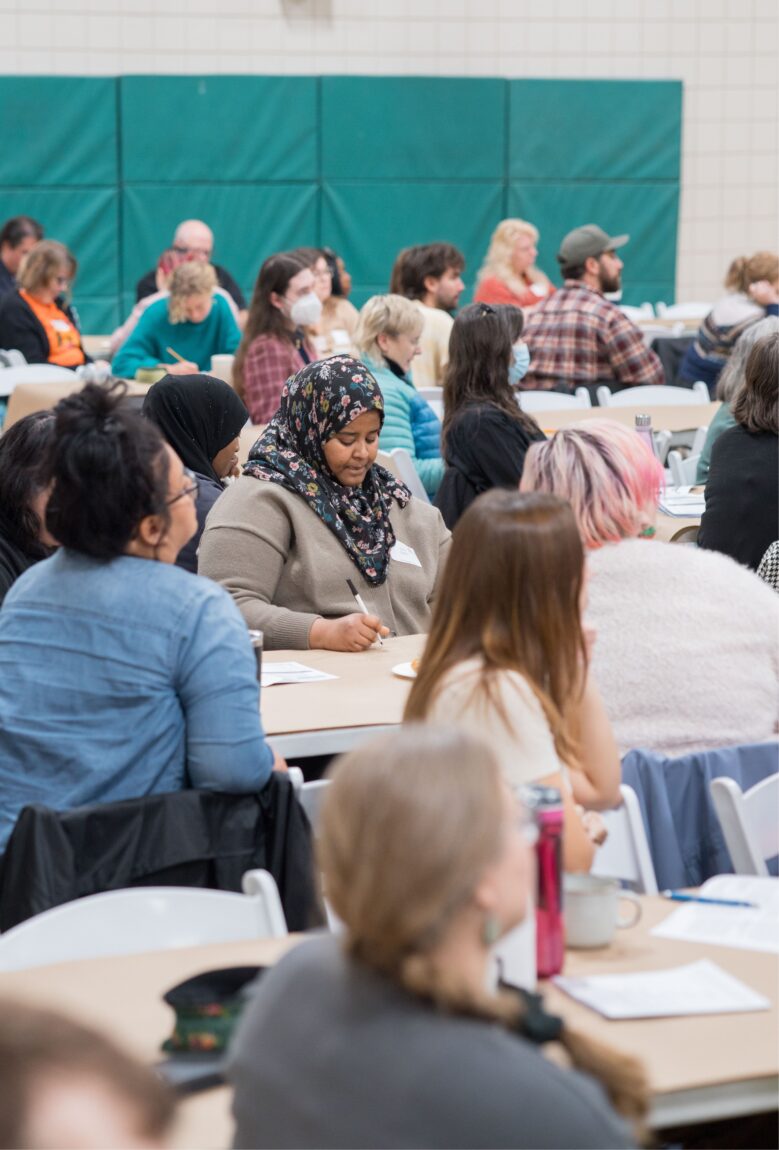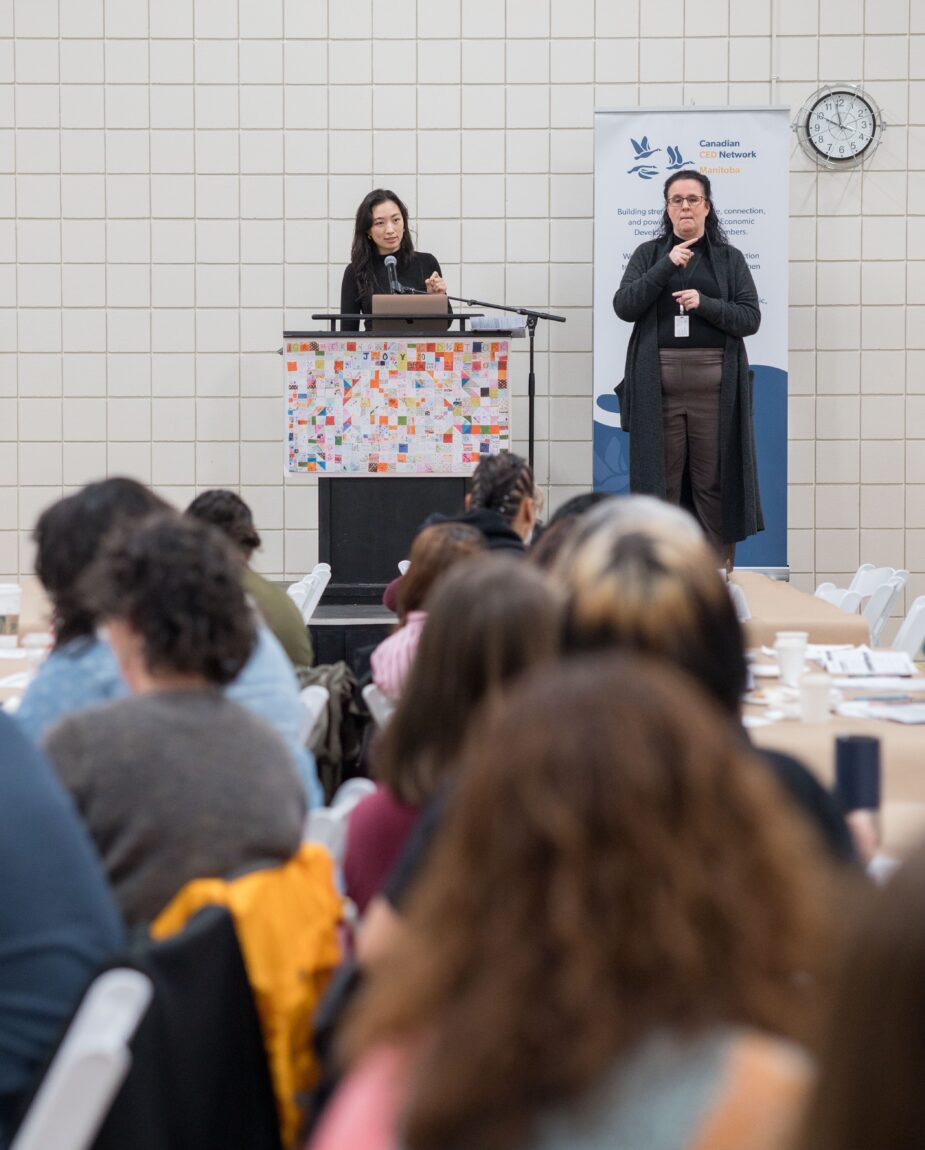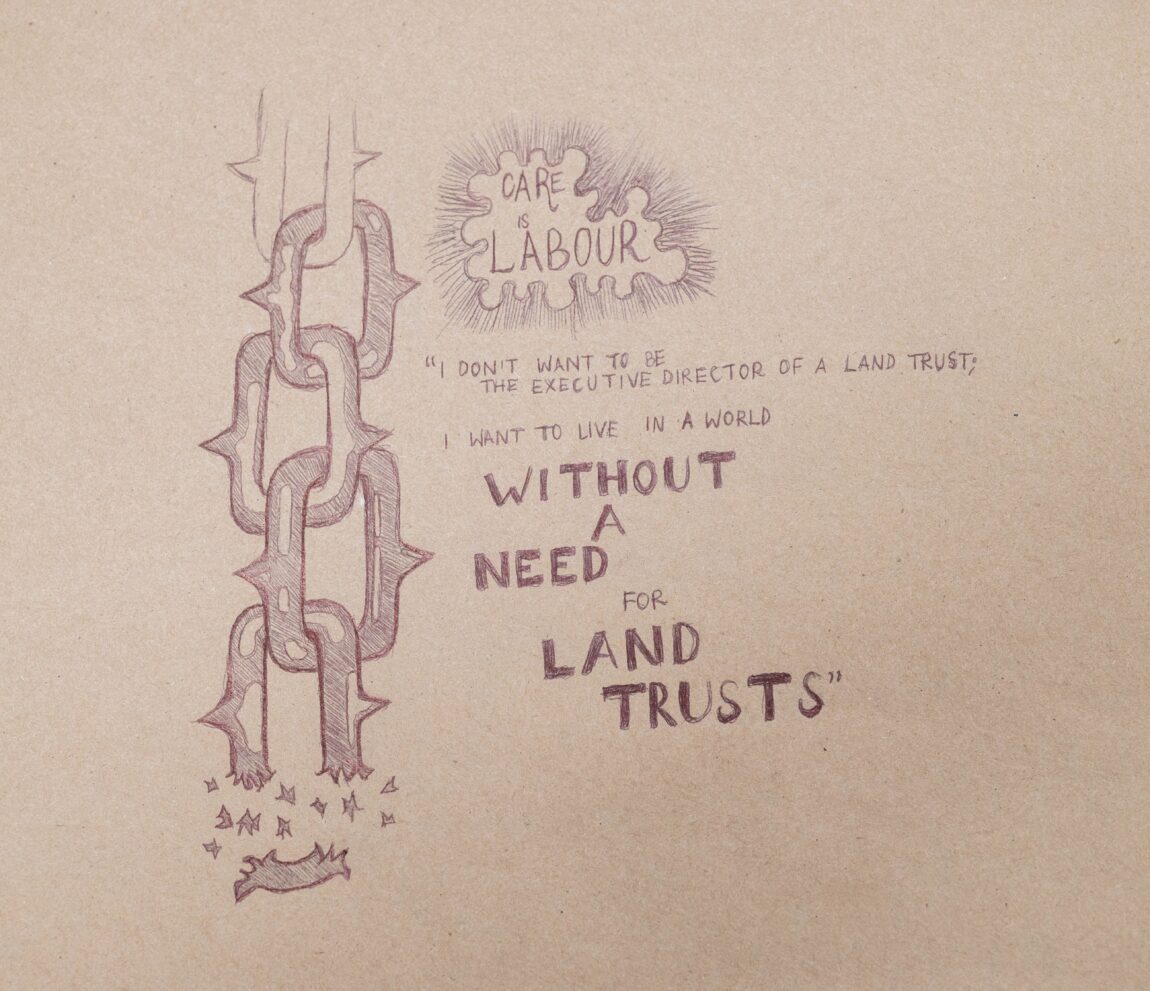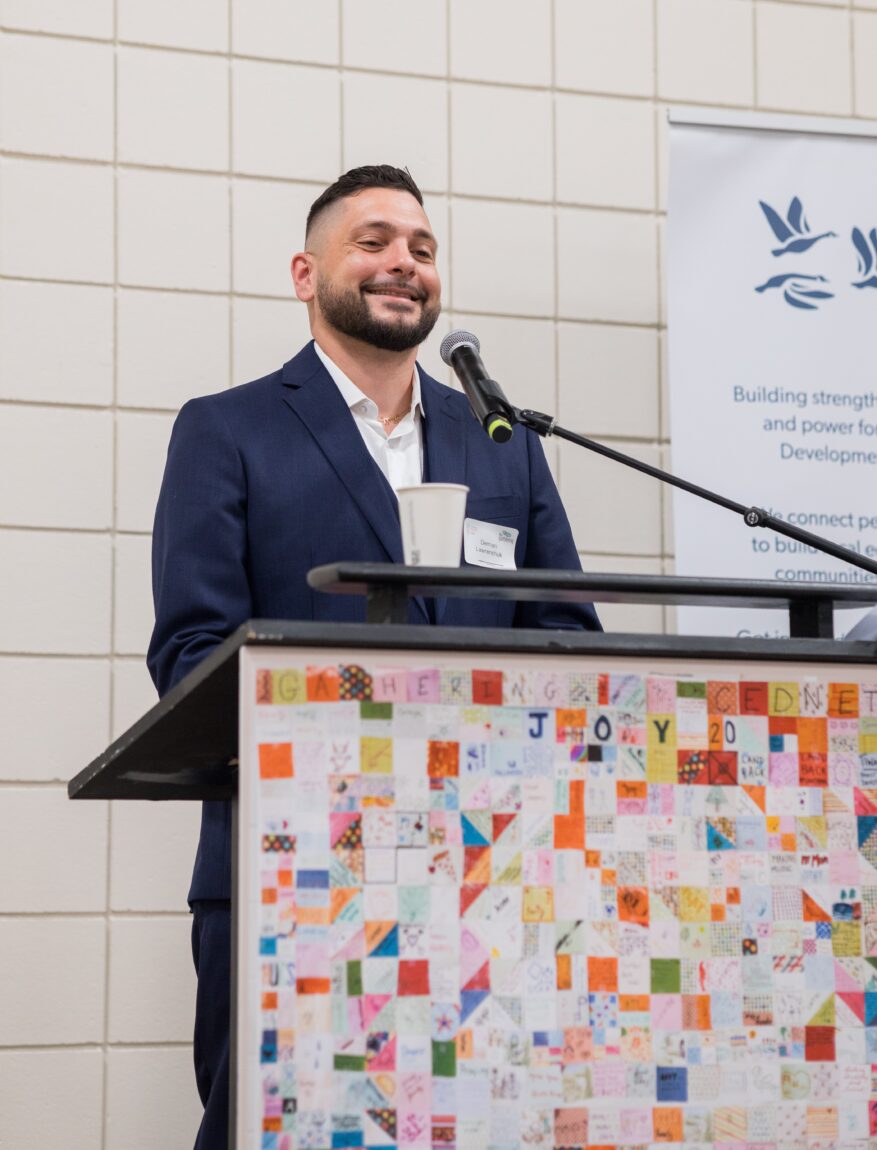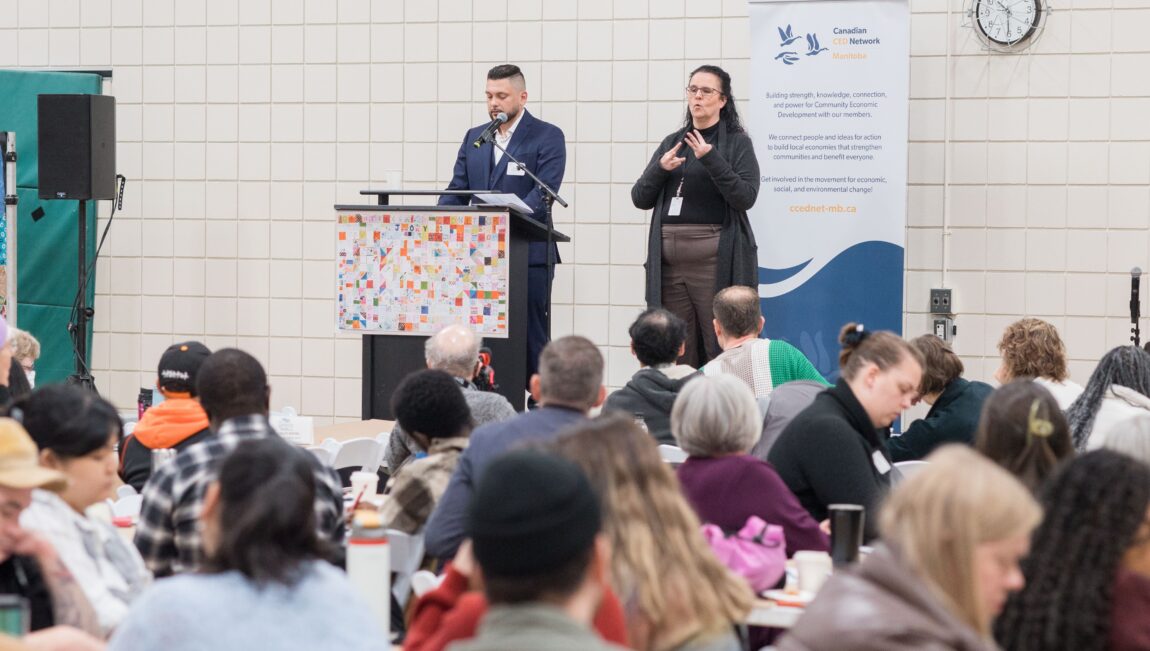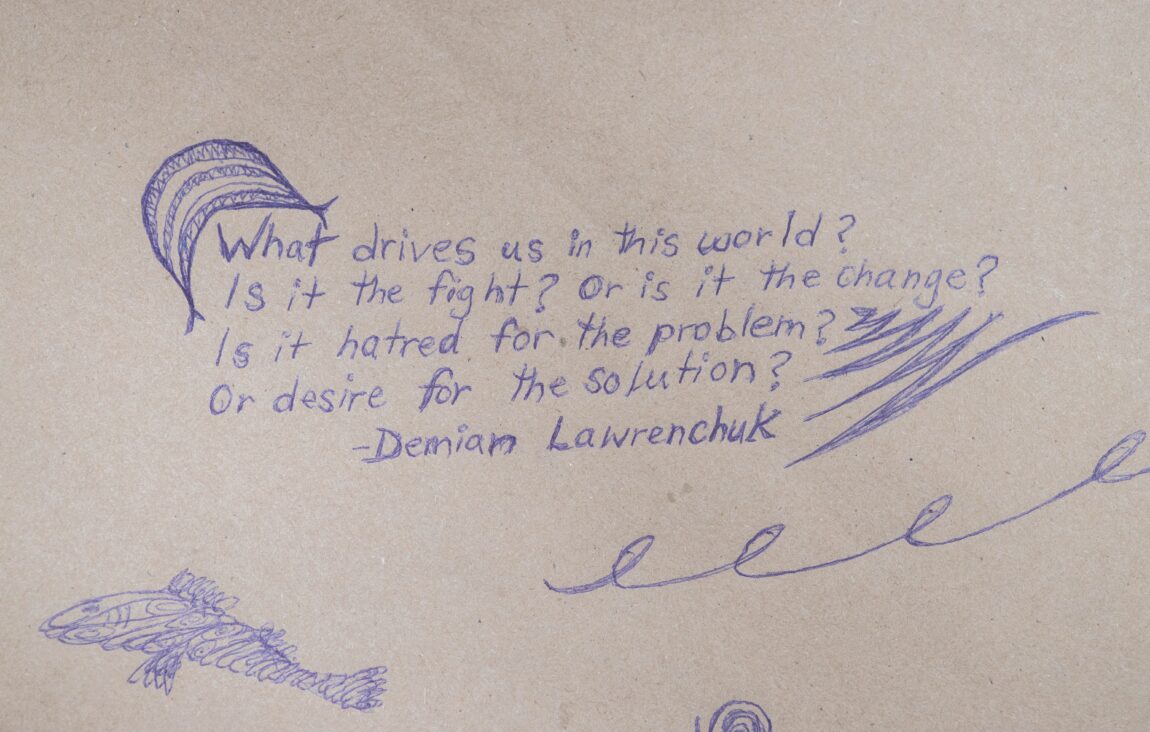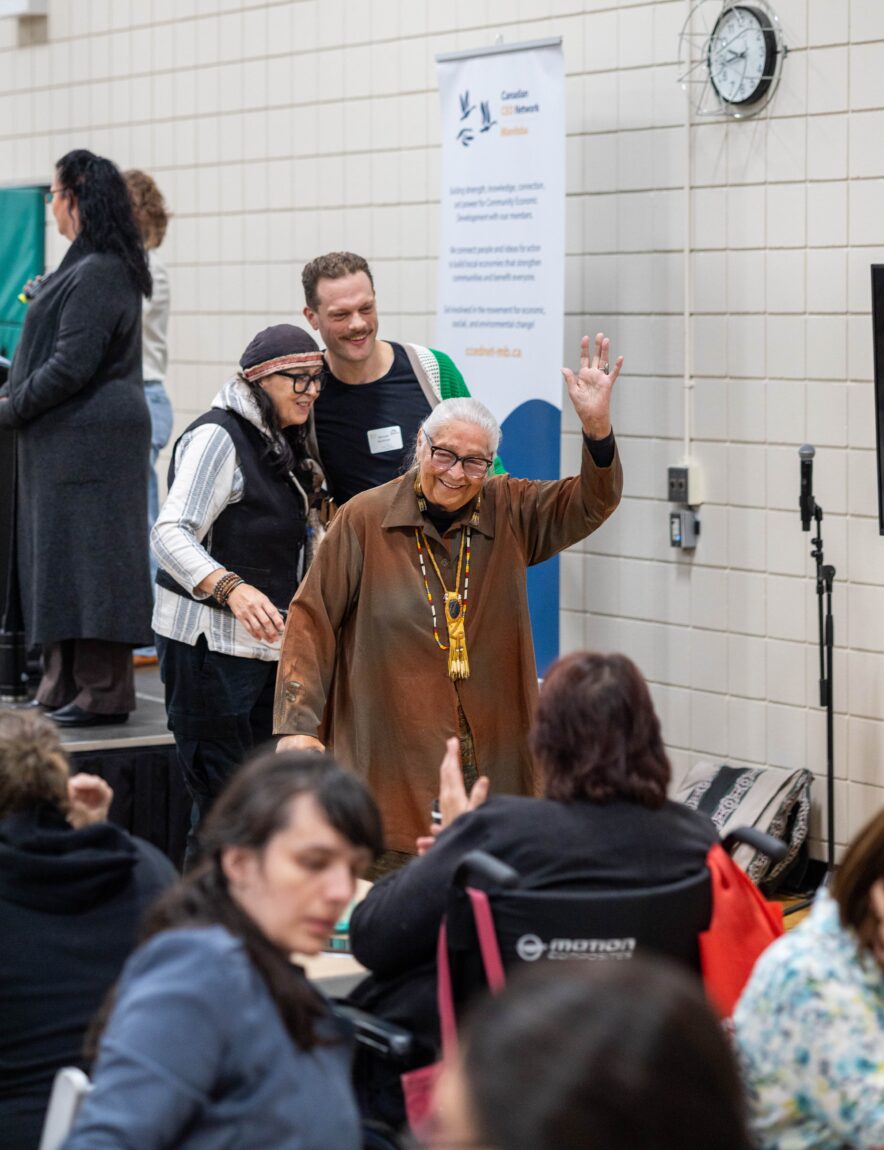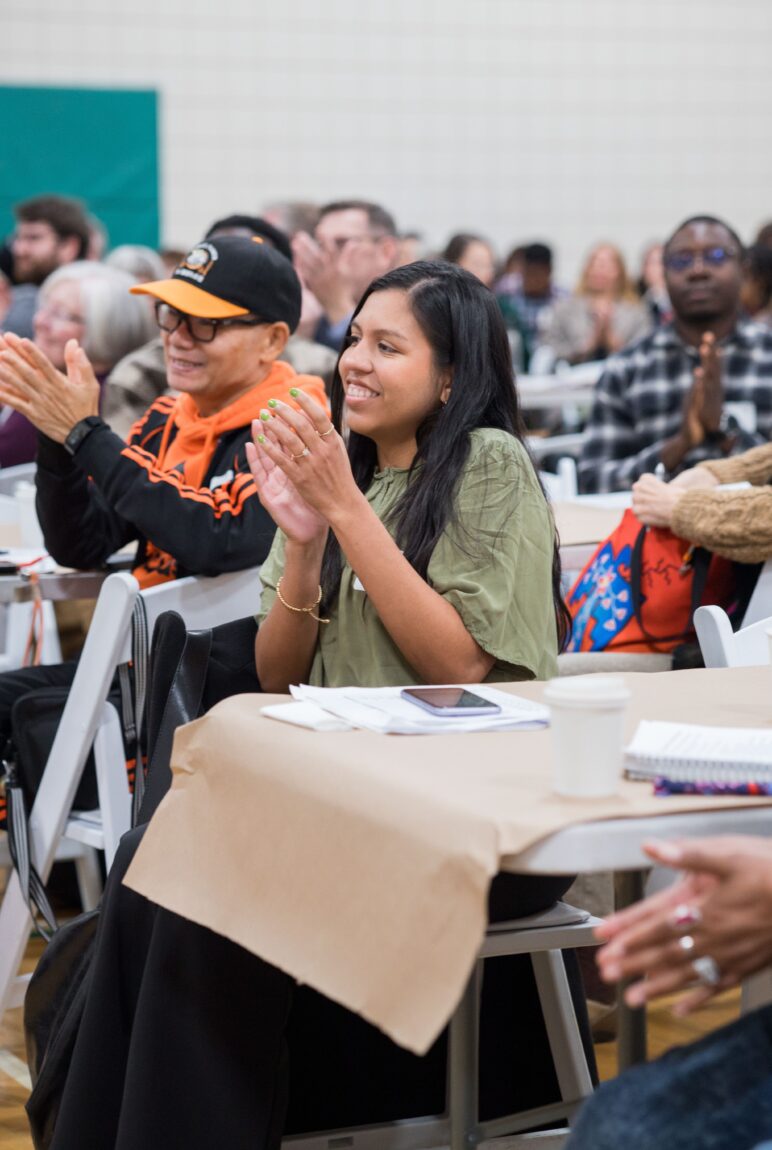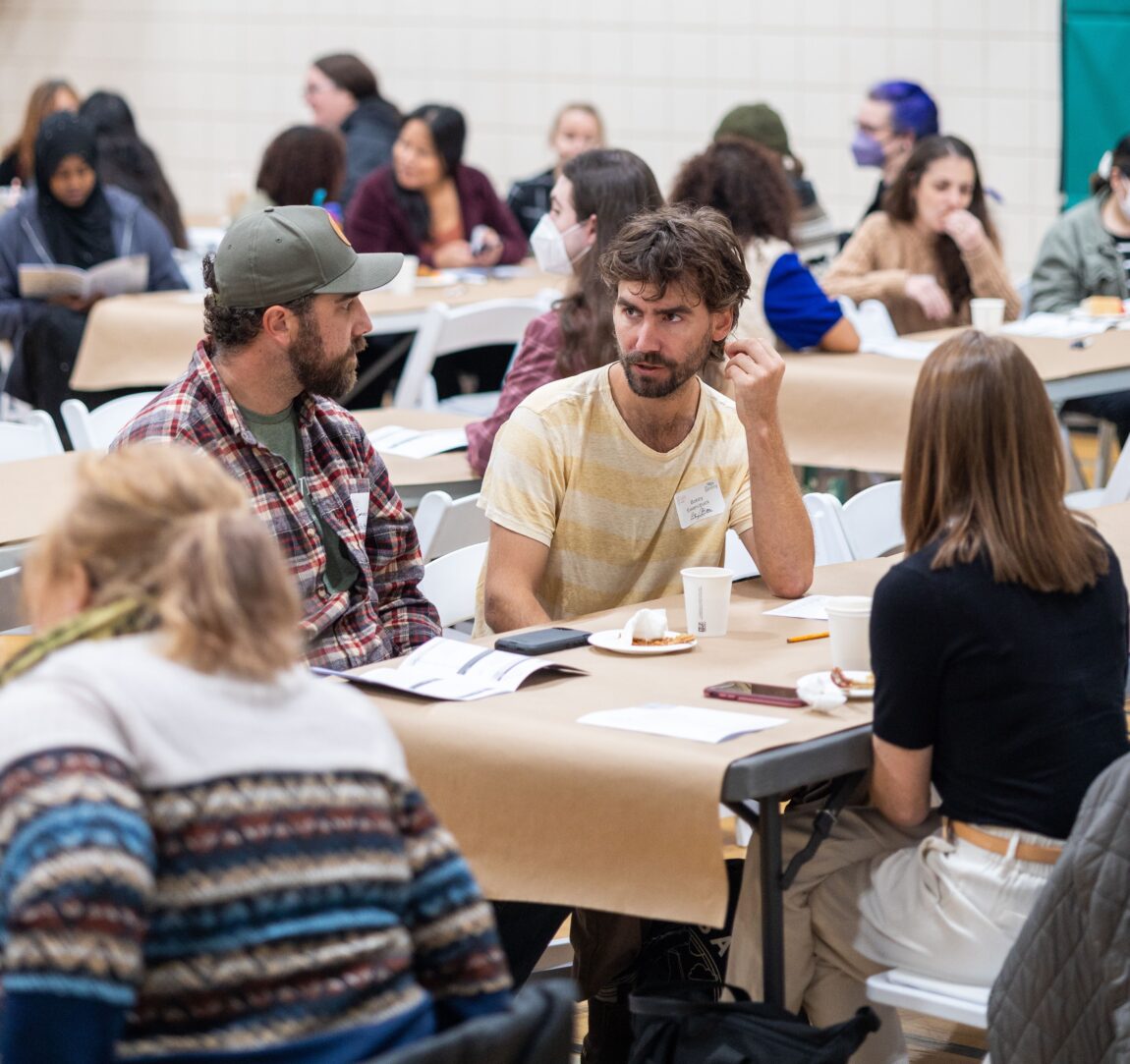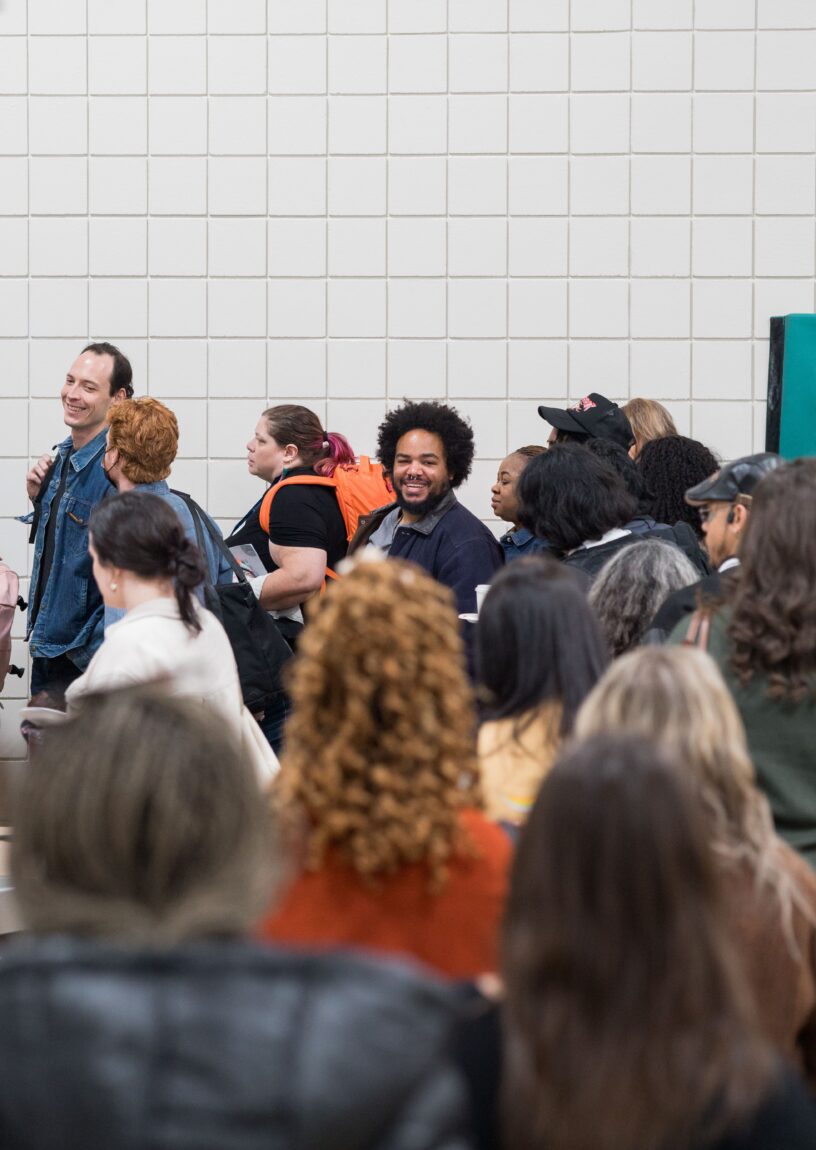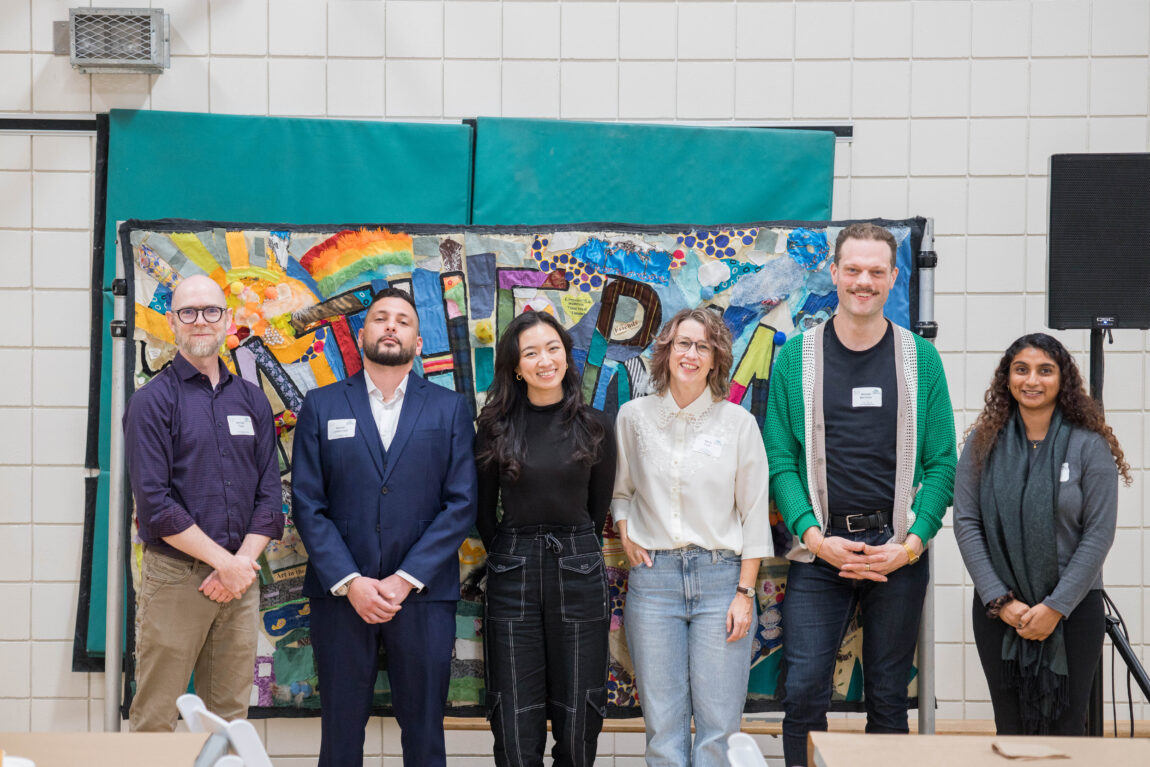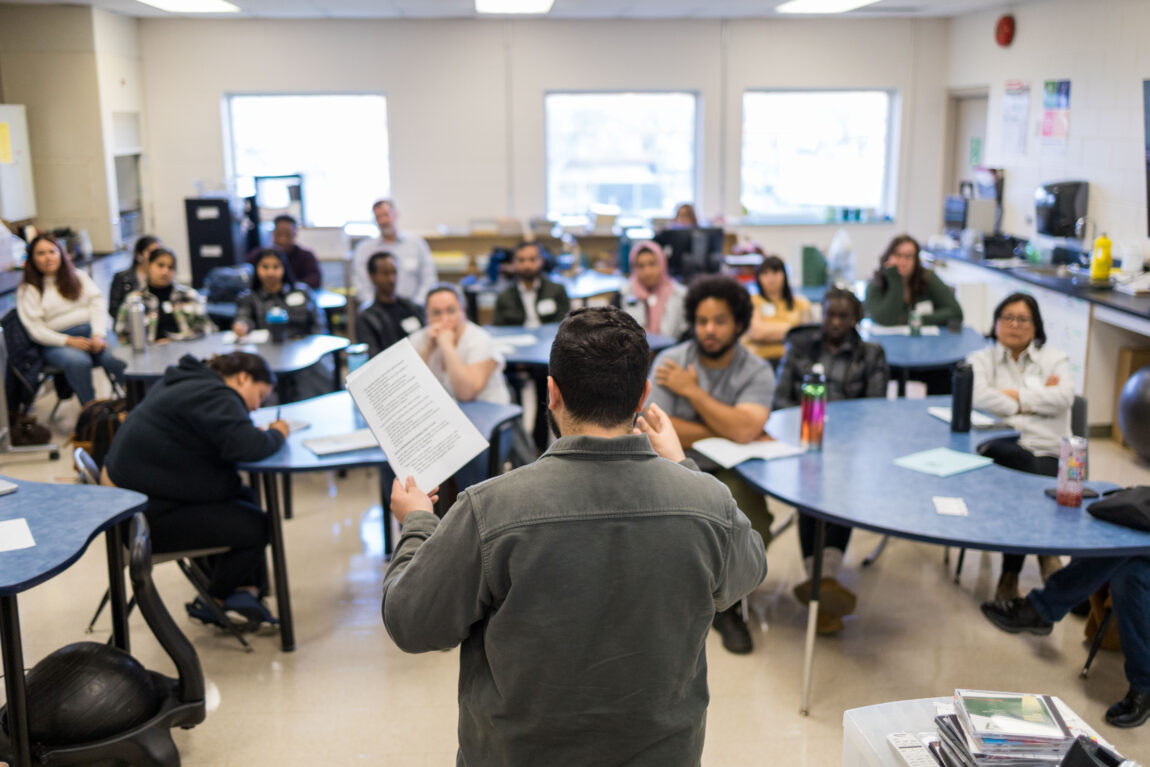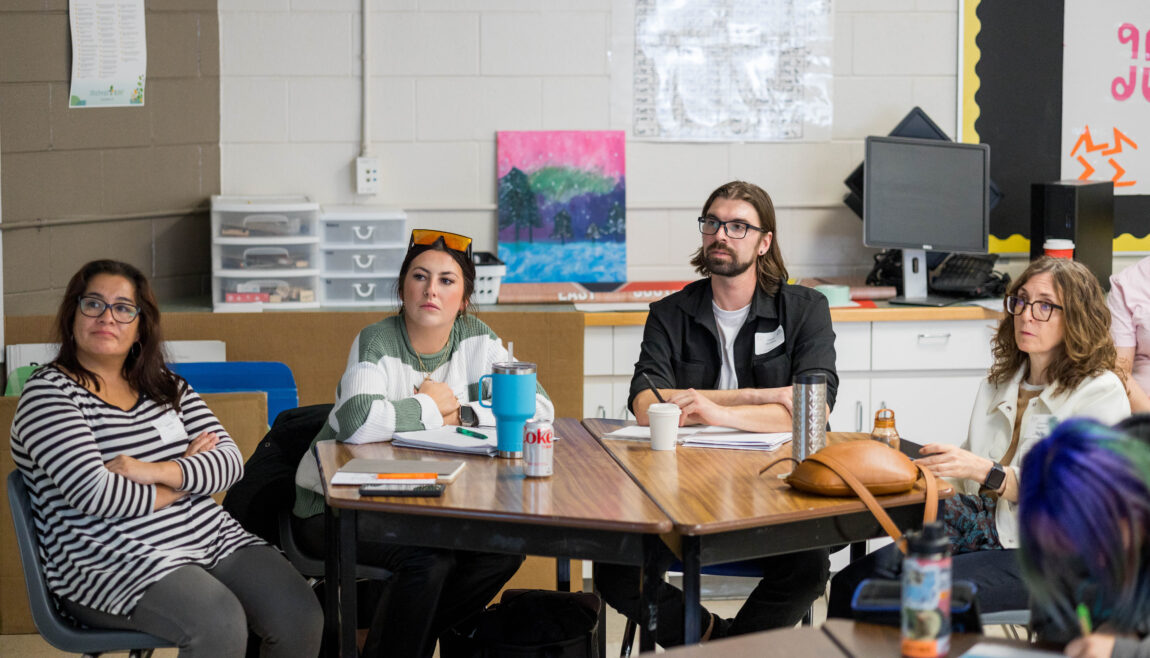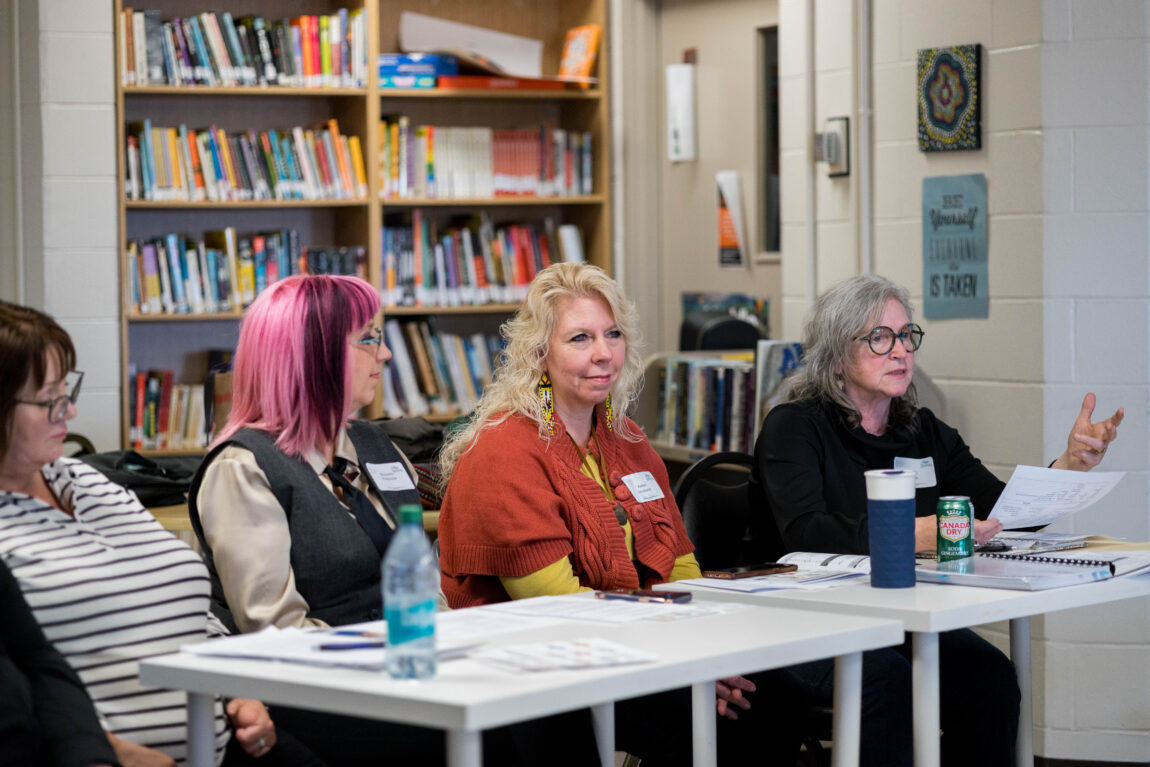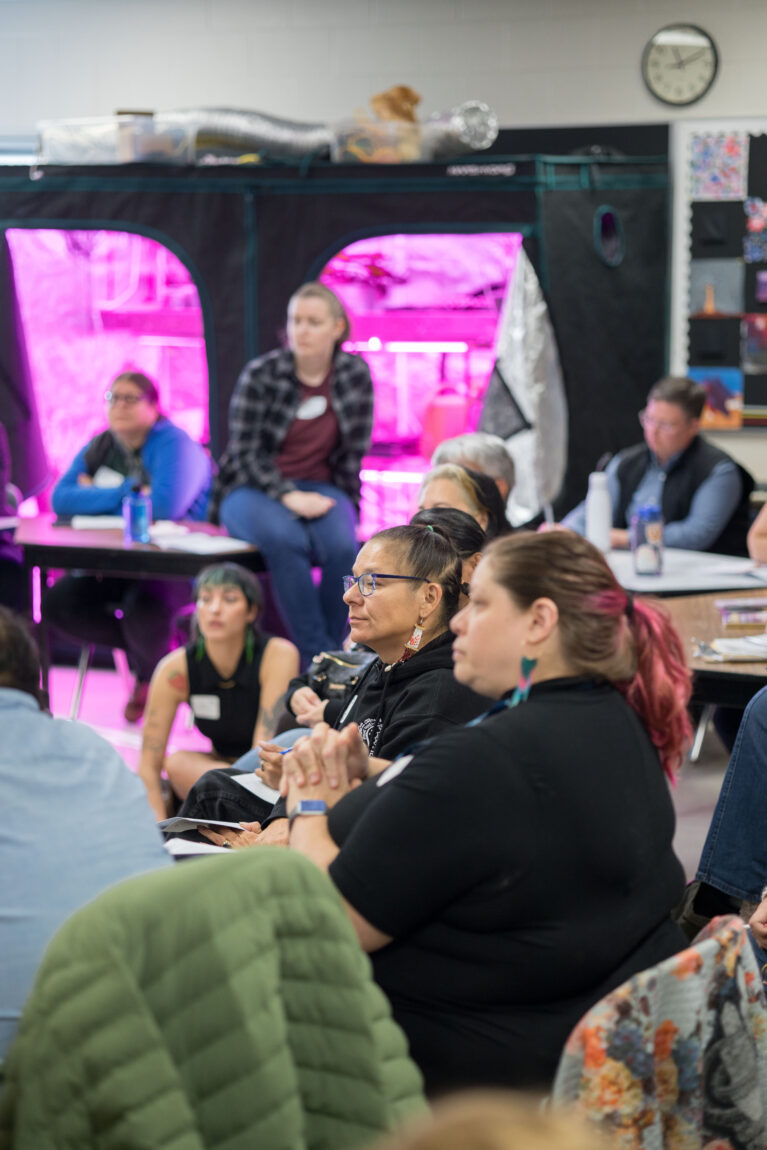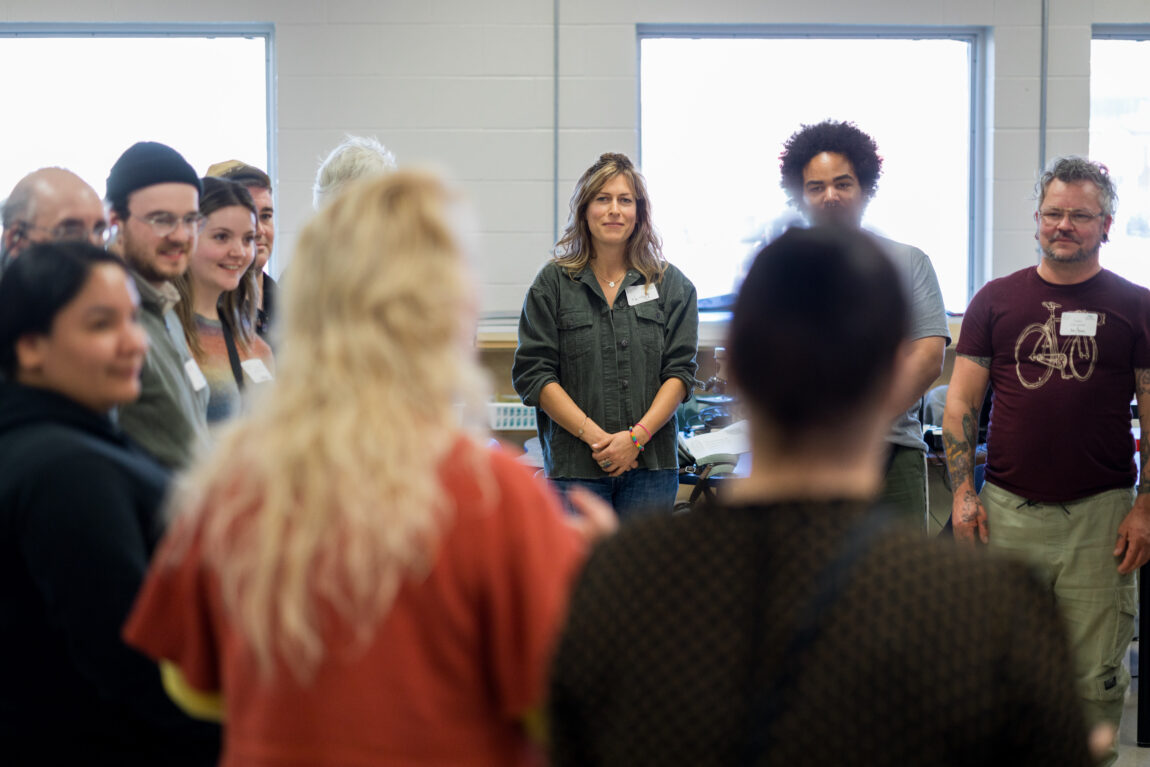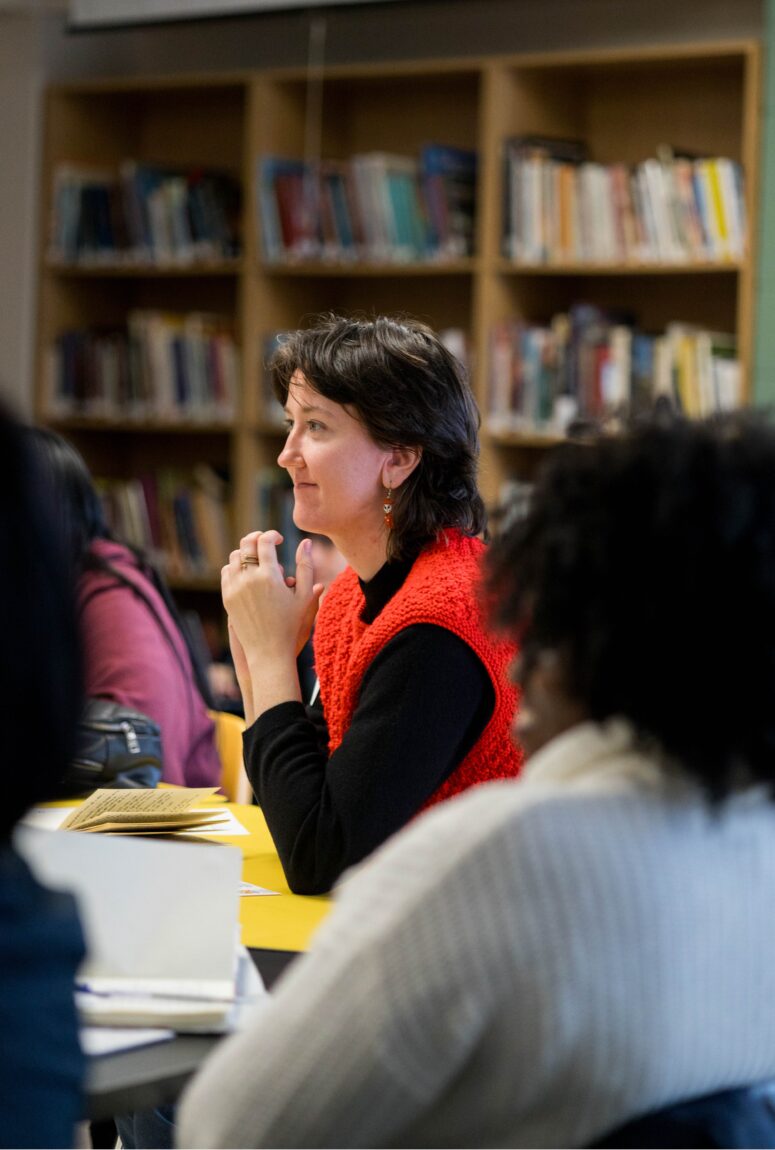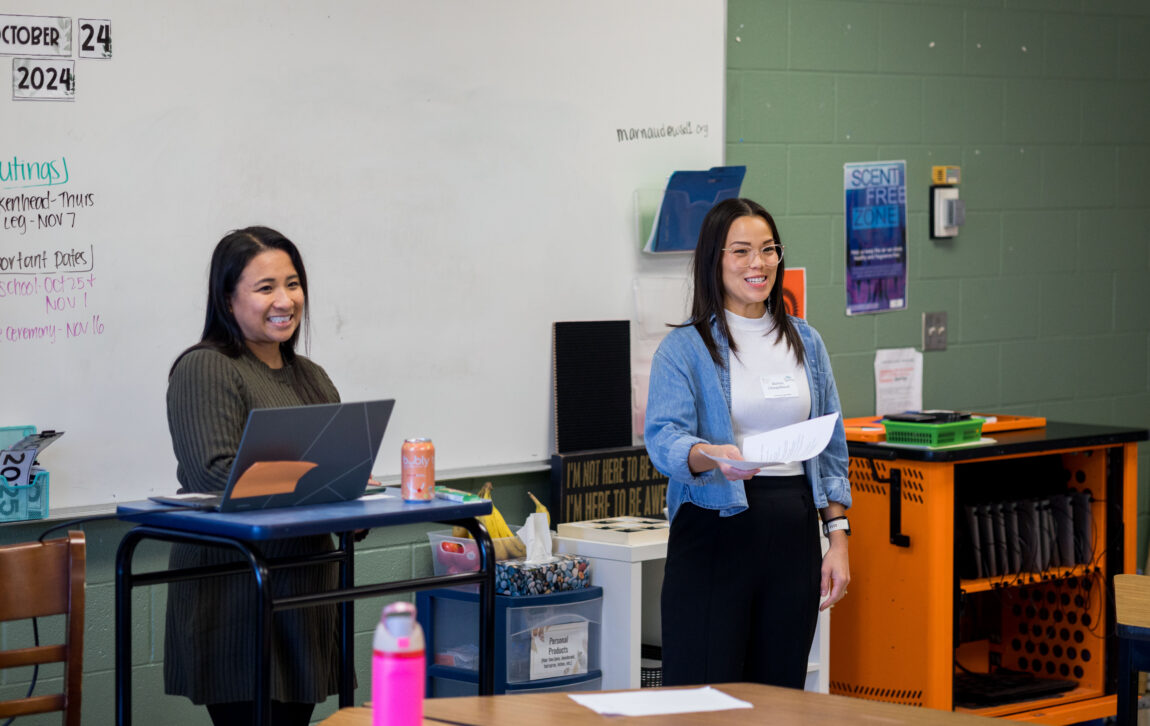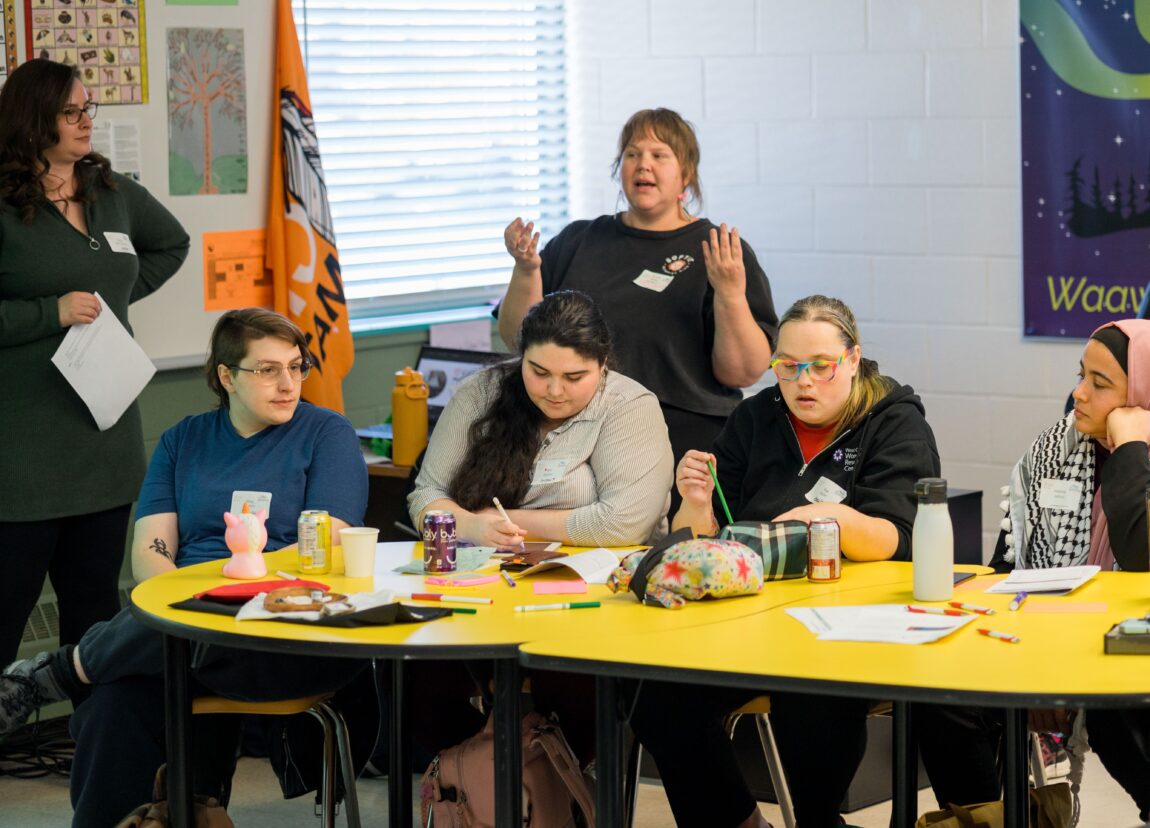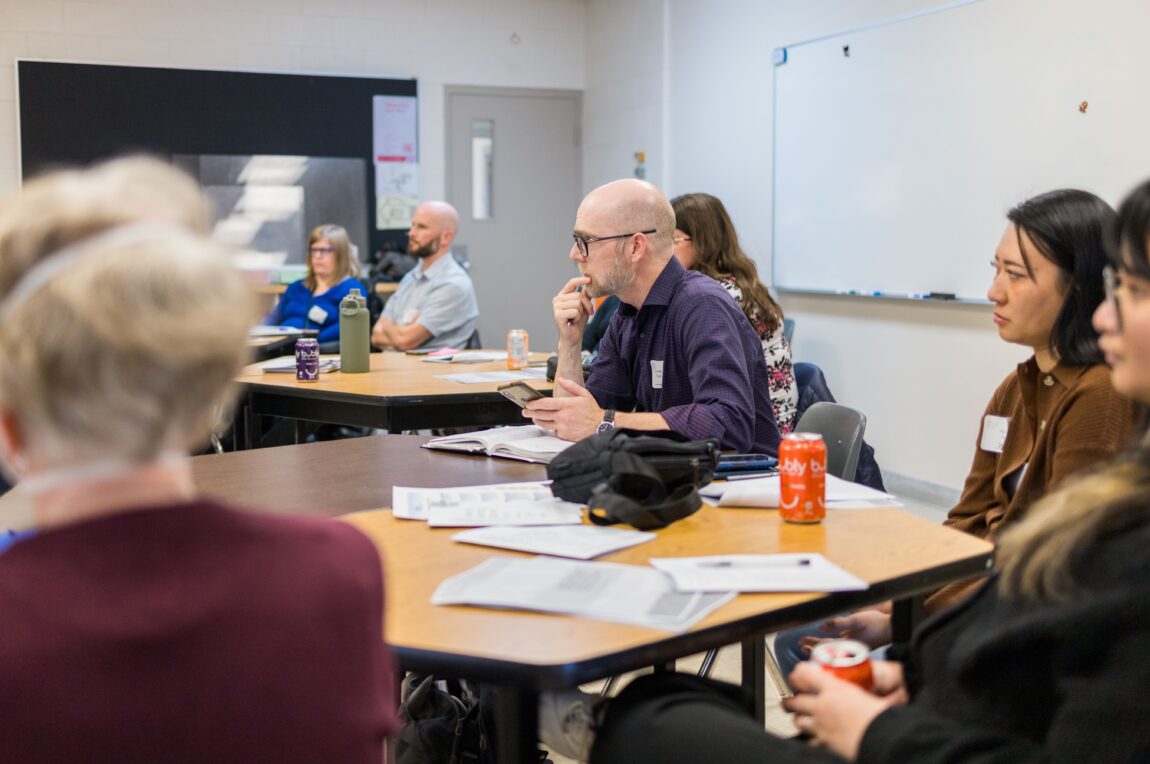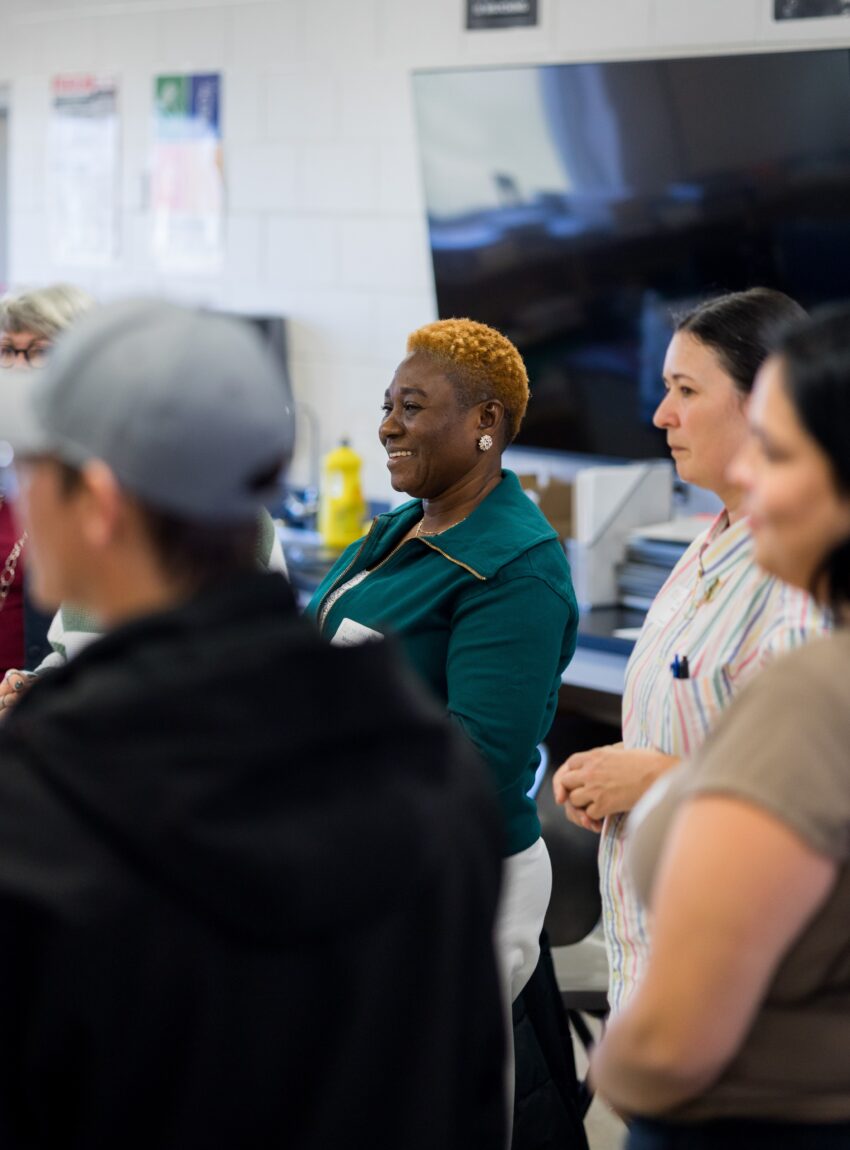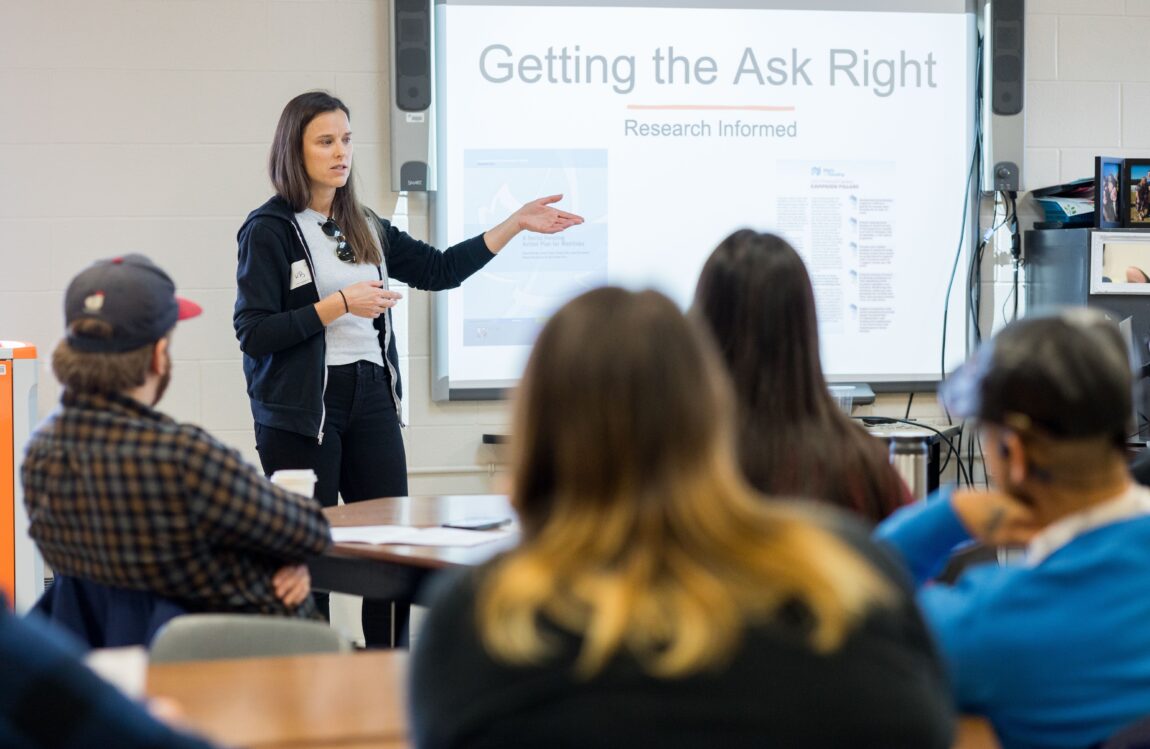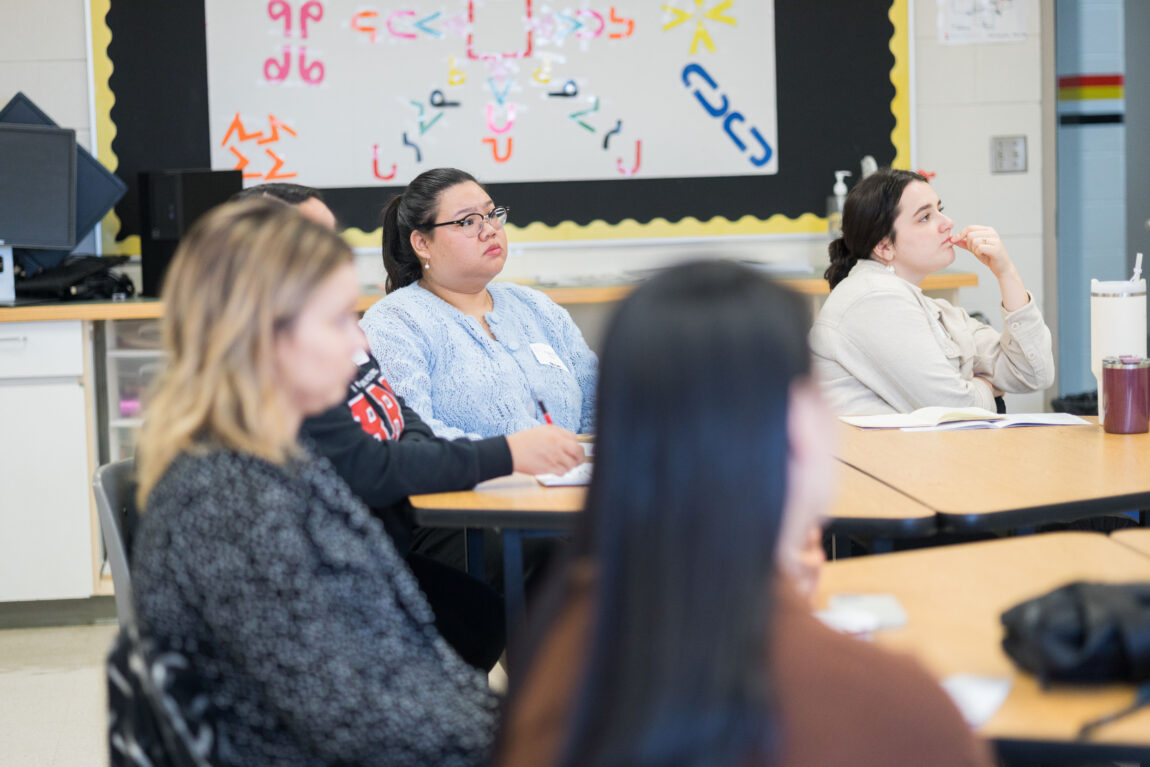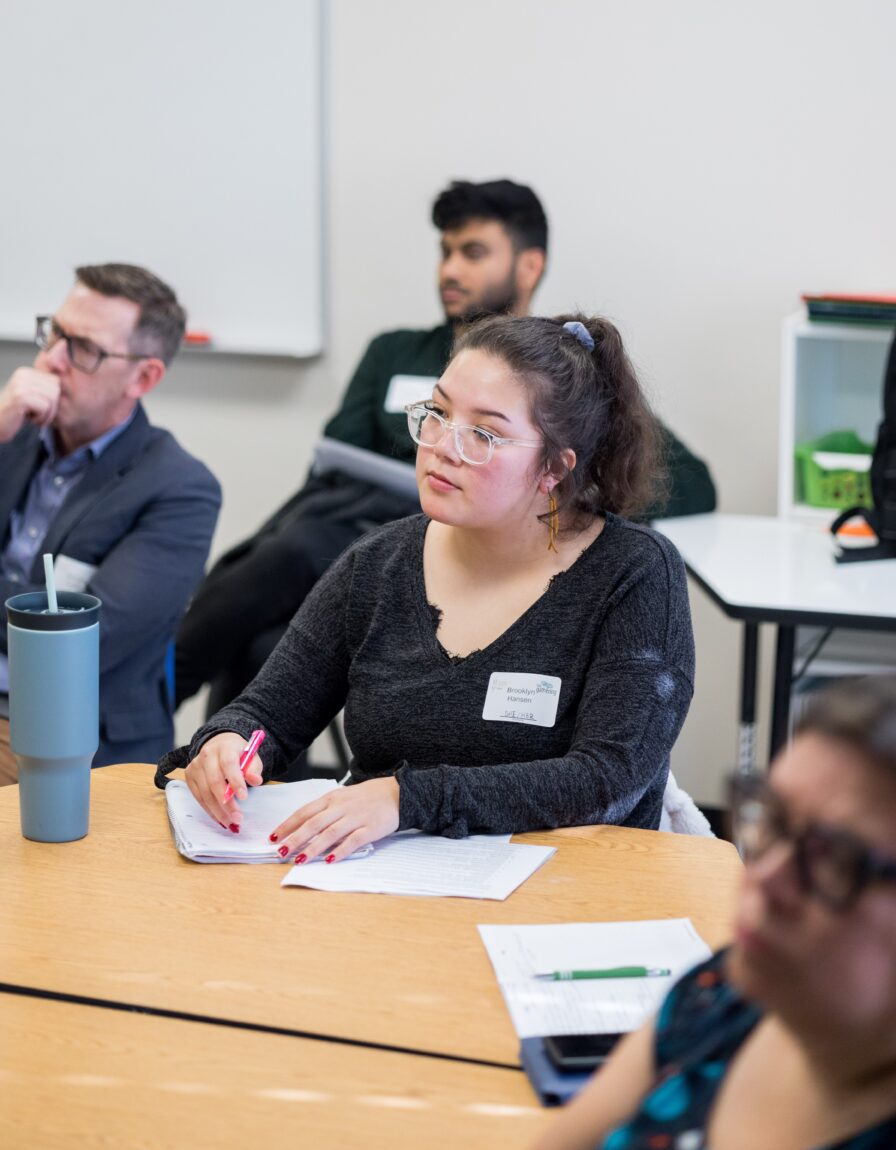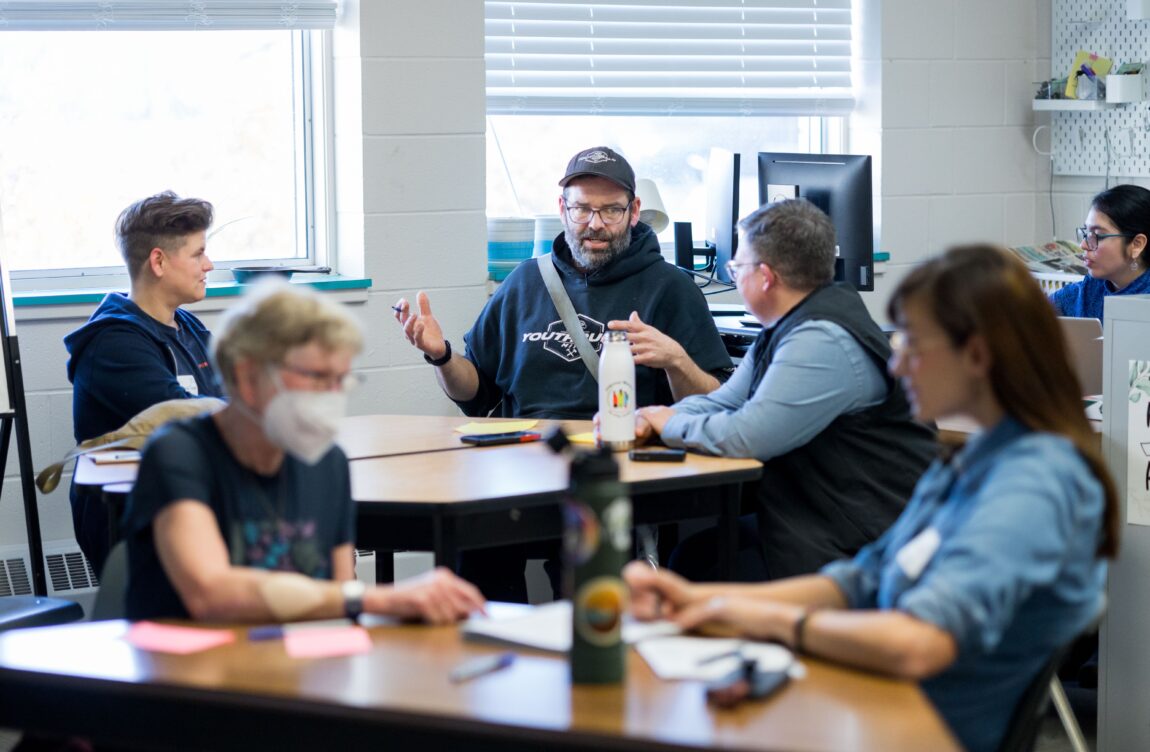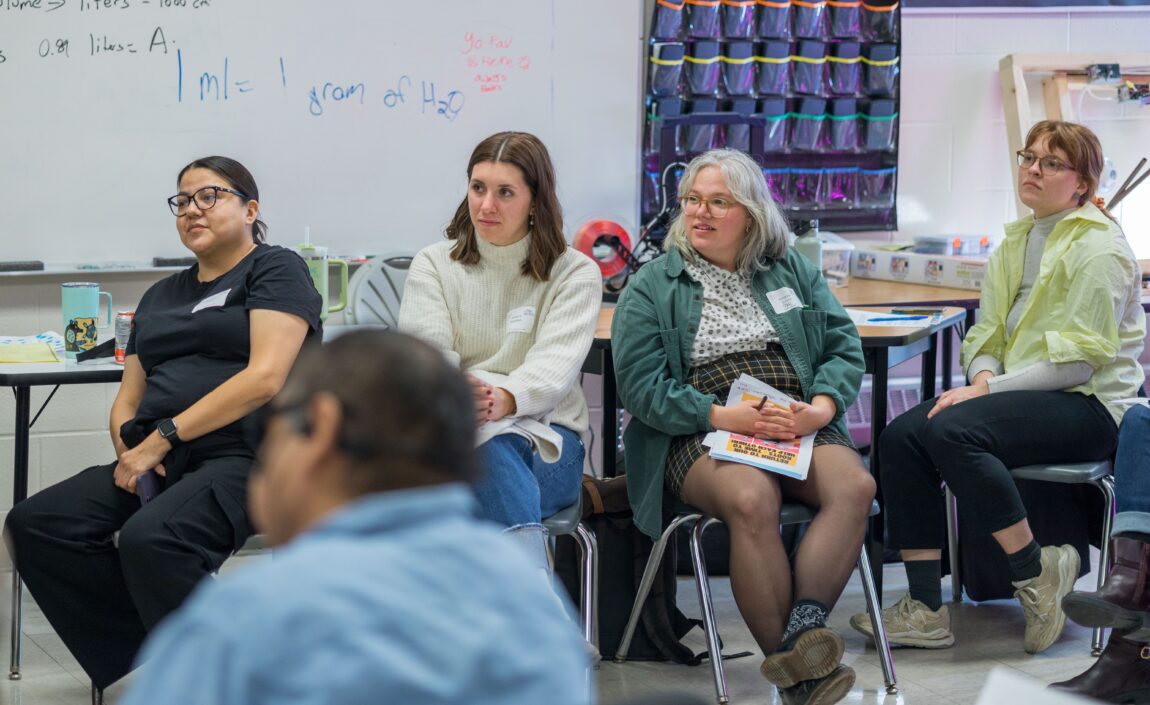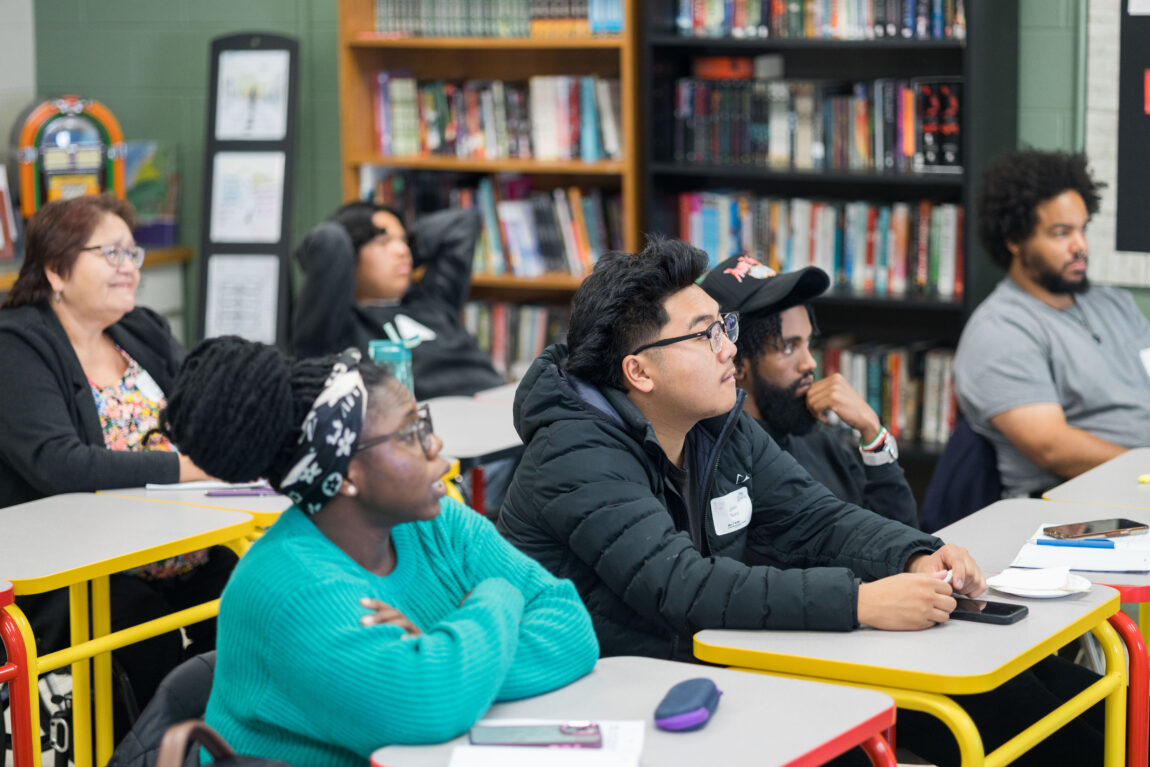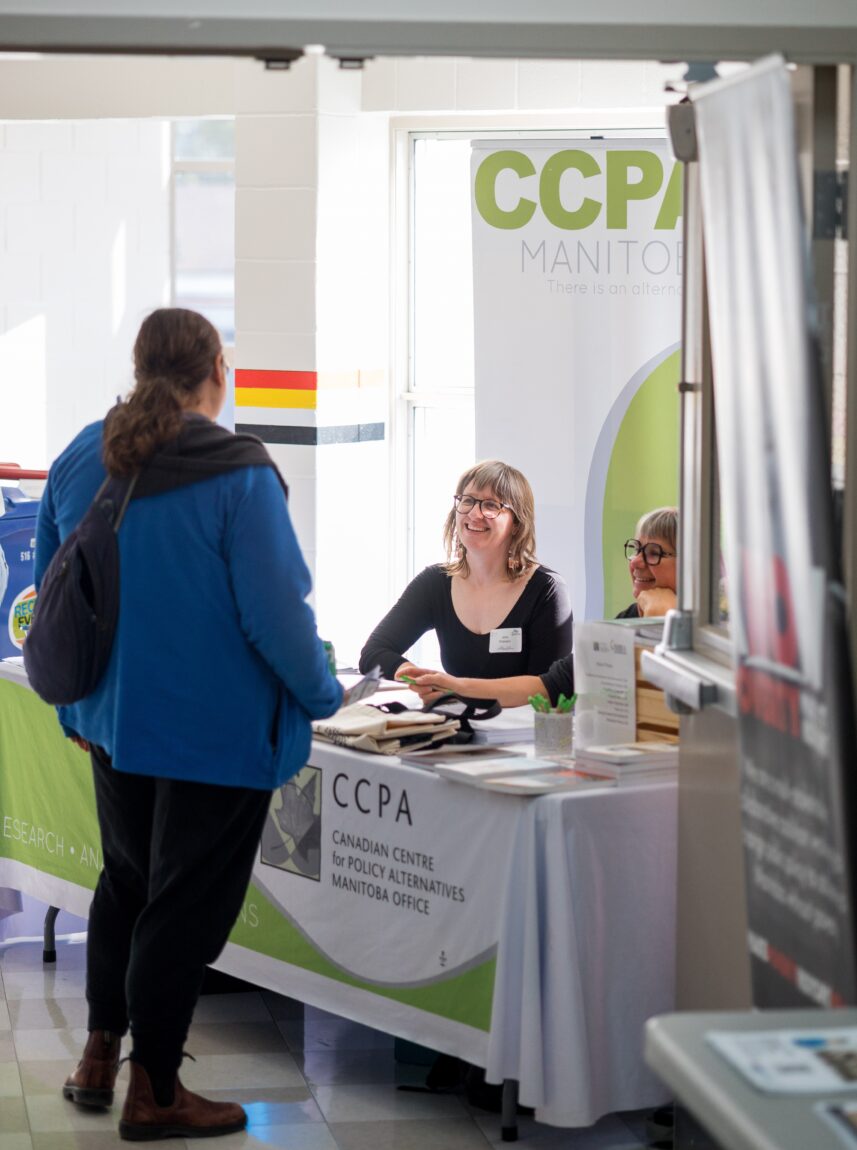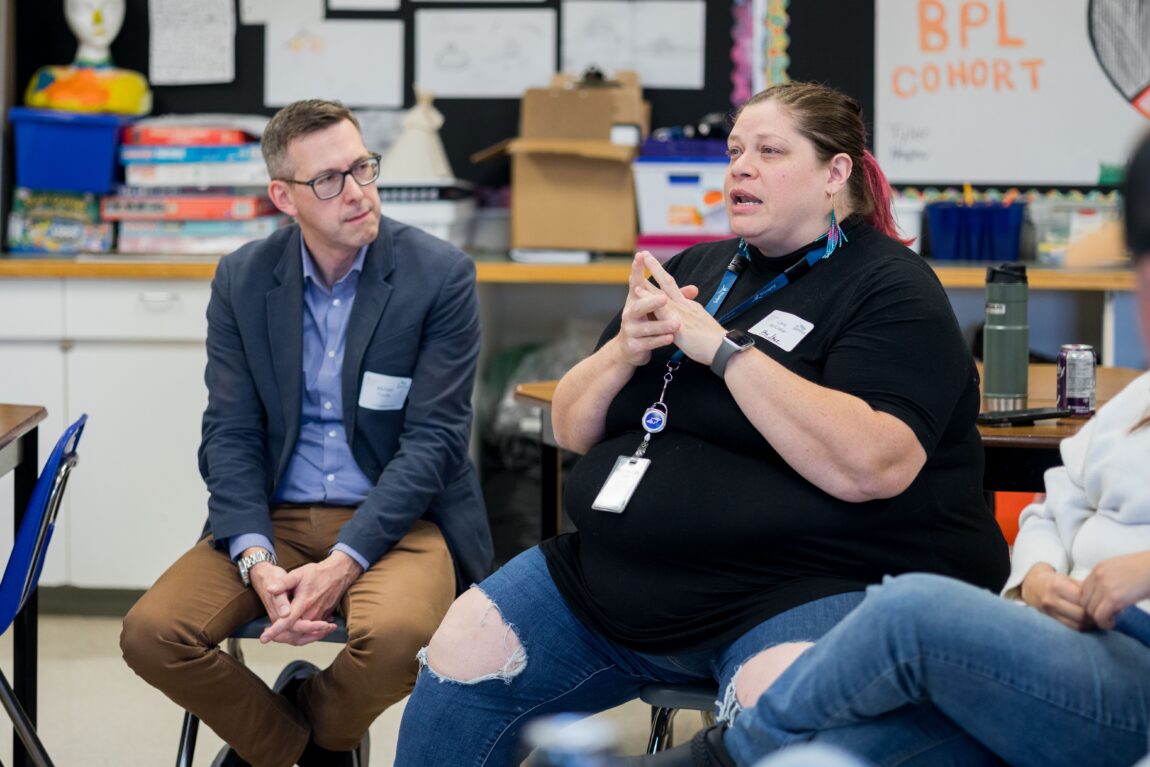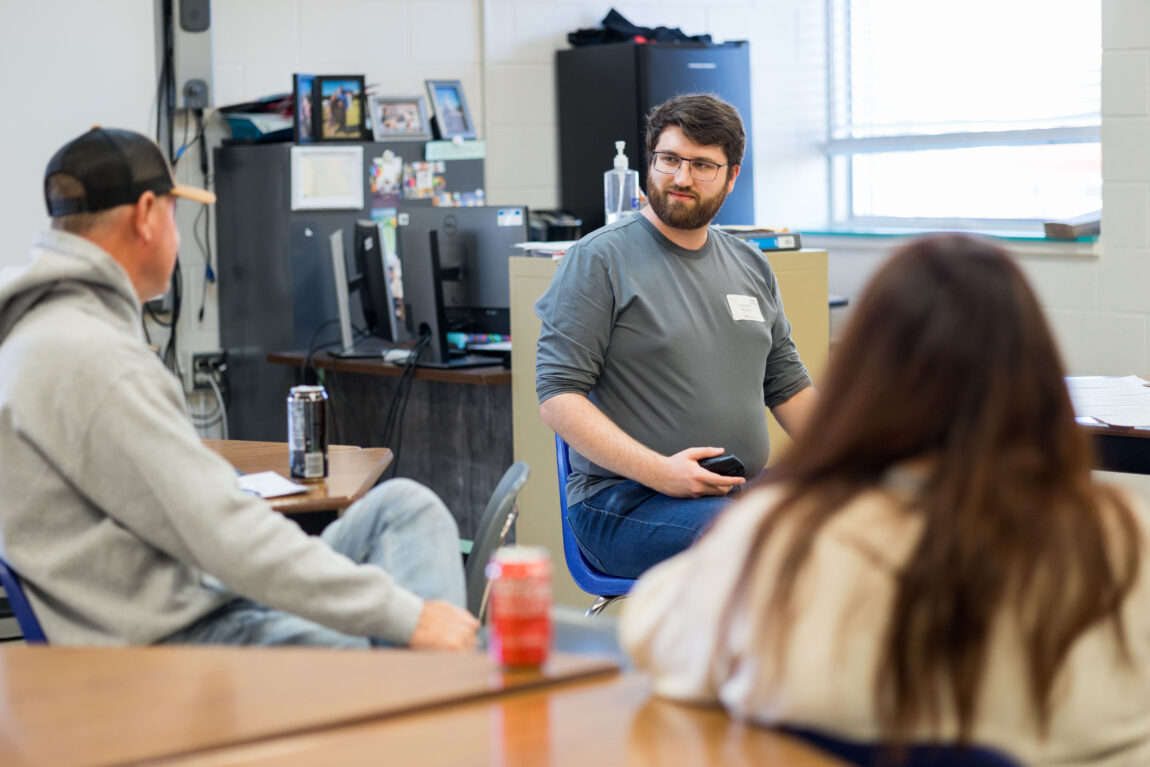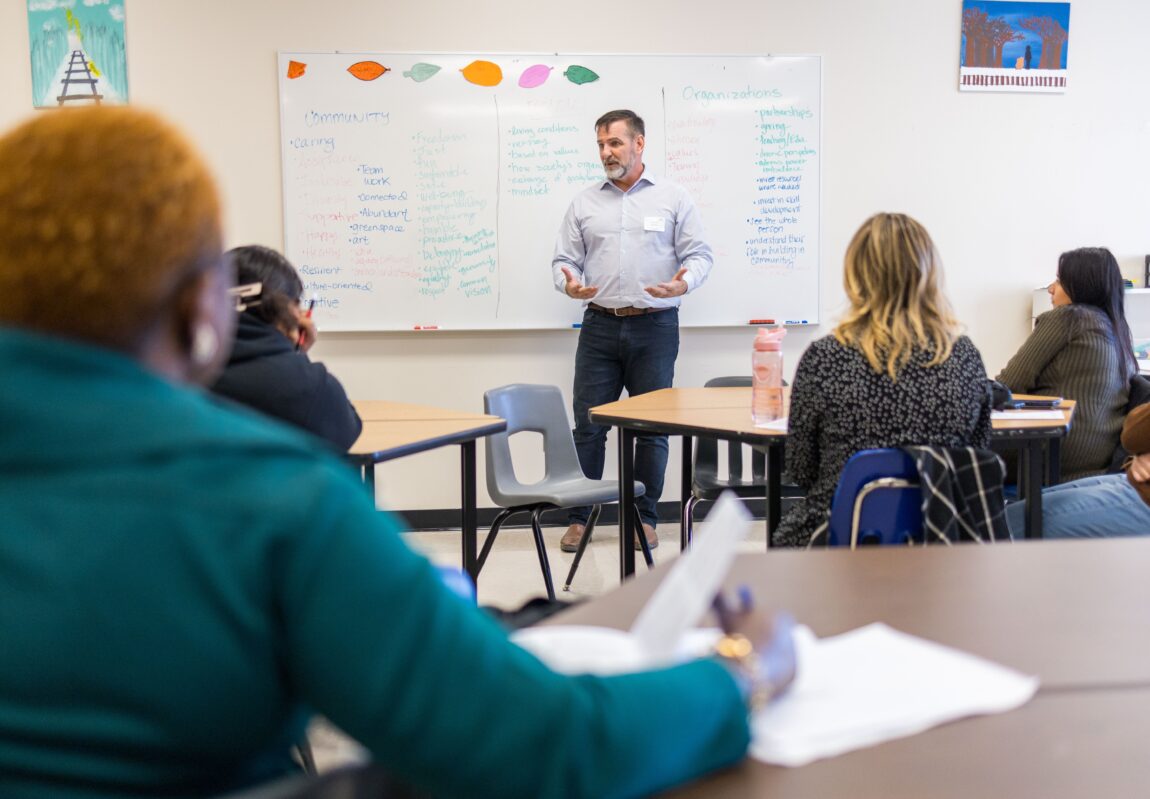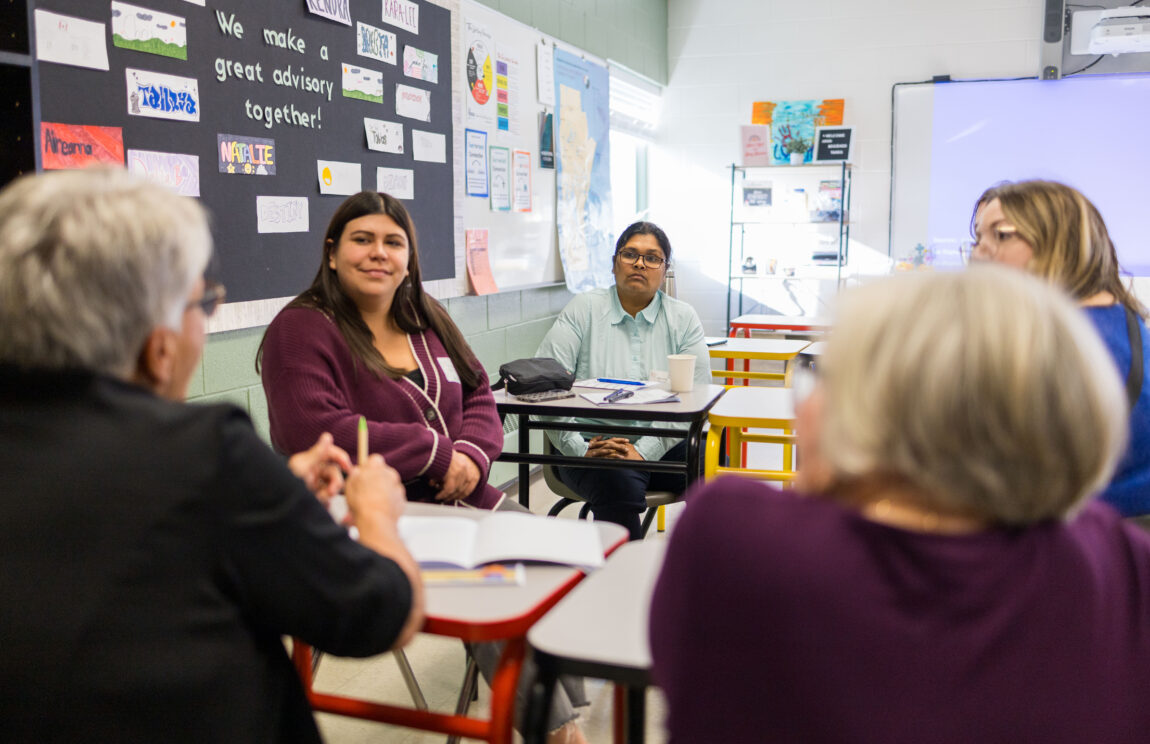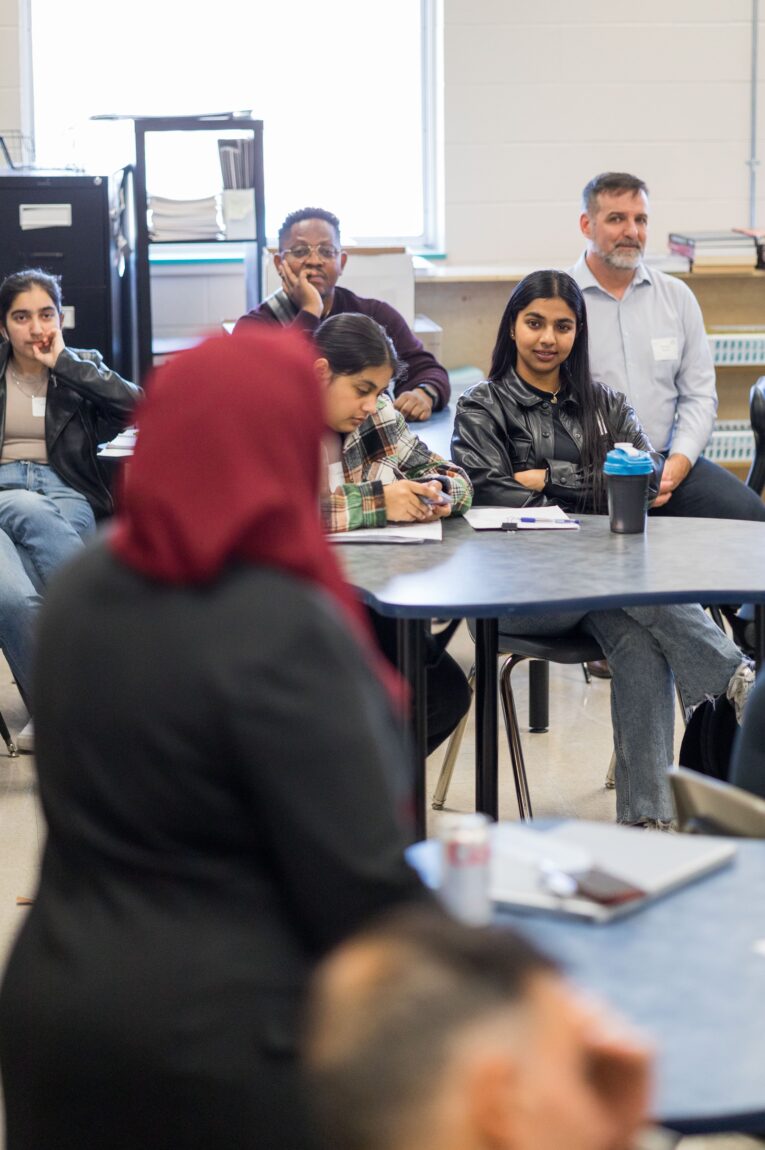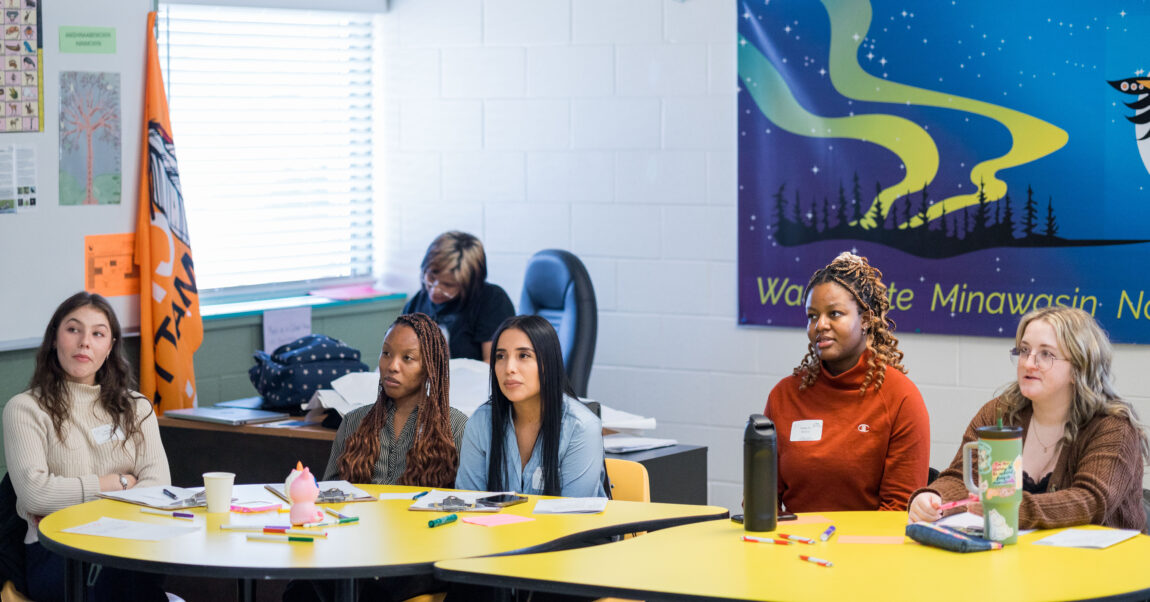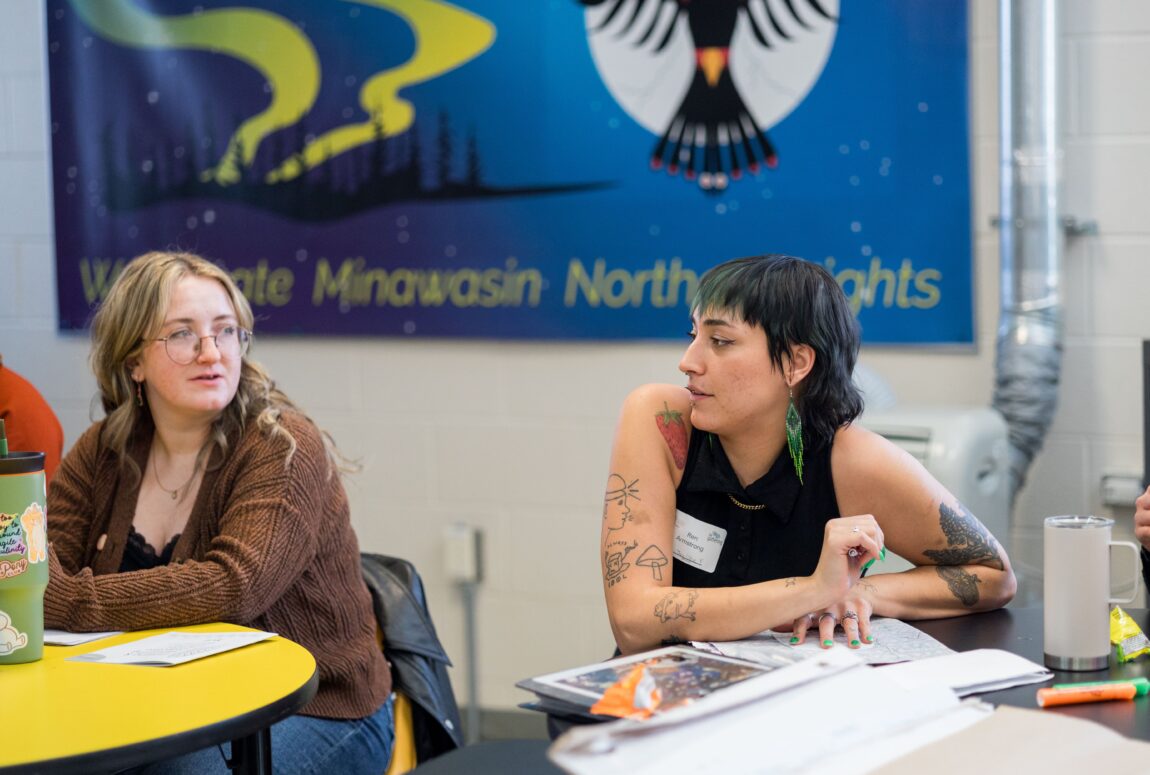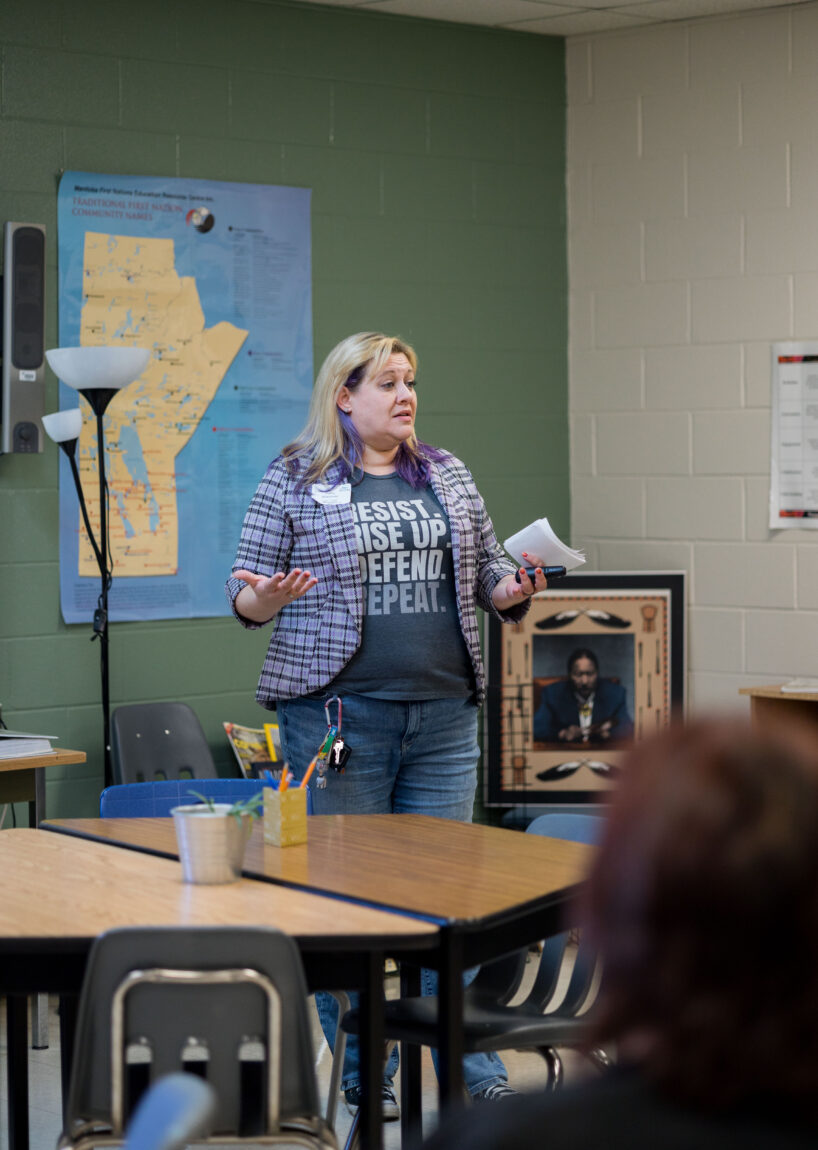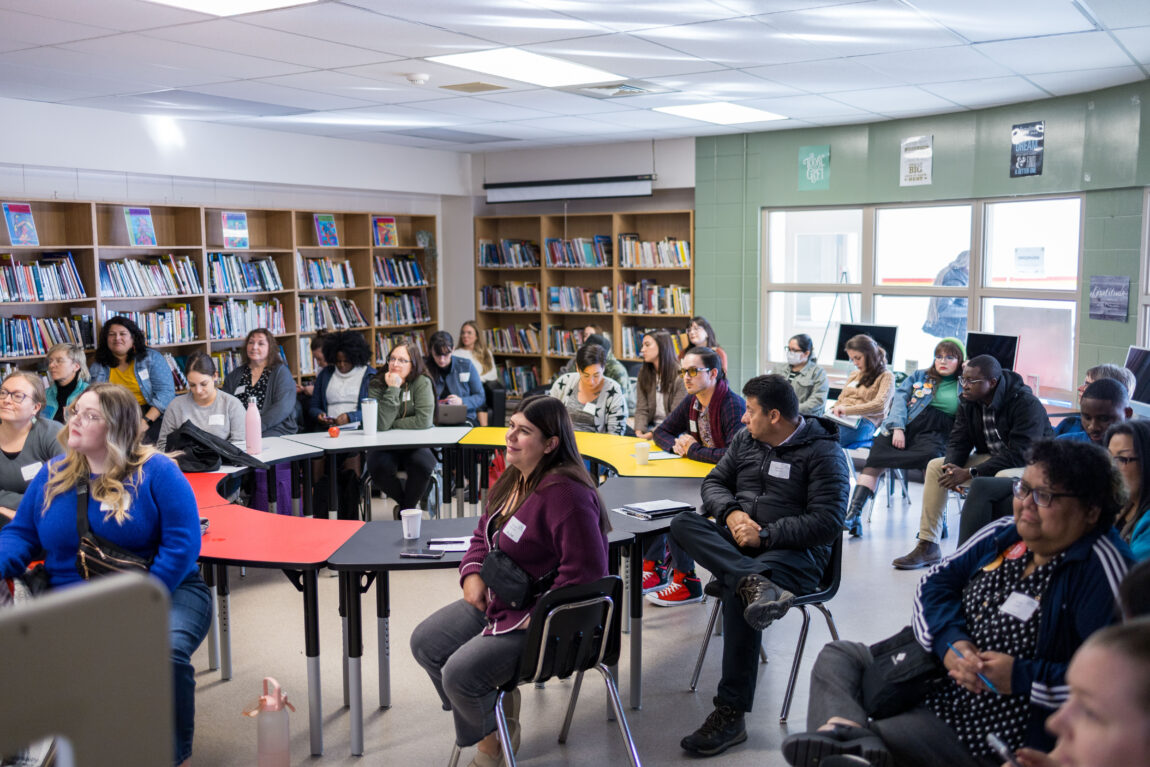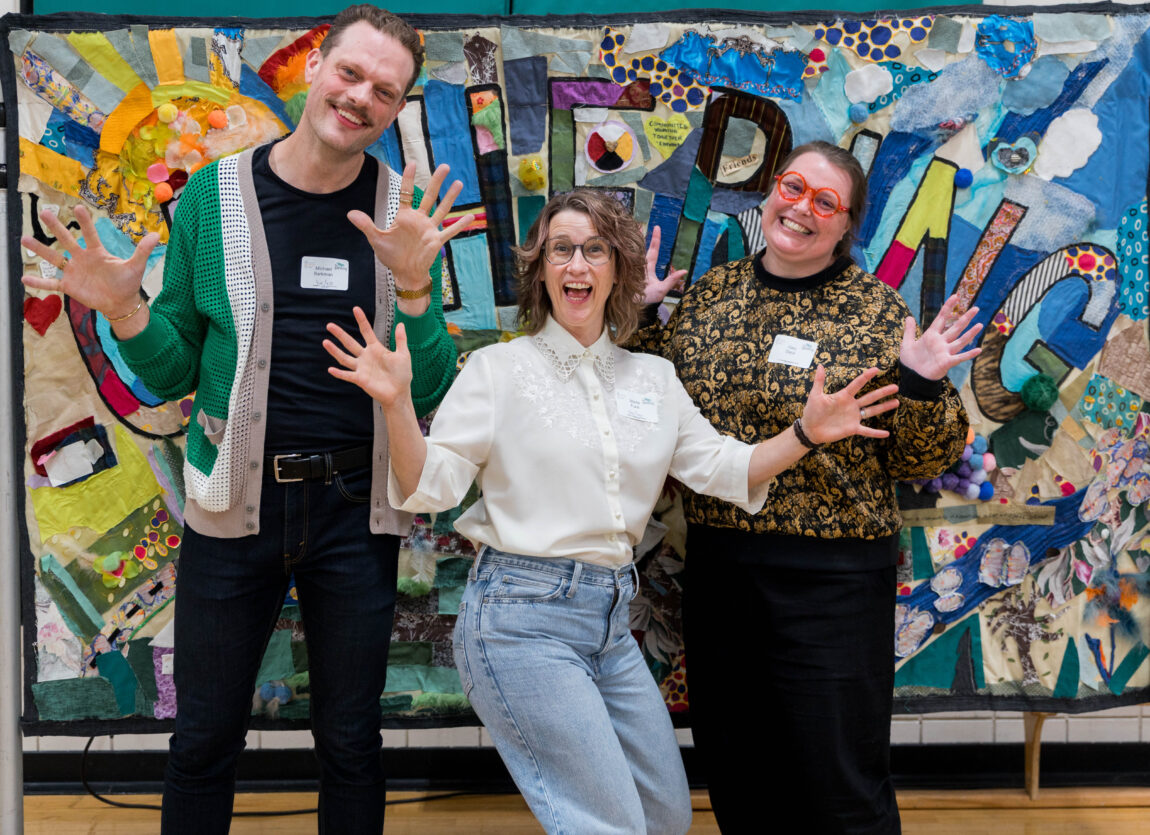The Thriving Non-Profits cohort program includes seven hours of dedicated coaching support, and many learners choose to continue working with their coach beyond the program to advance their organization’s broader goals. In this article, we’ll delve into how the Cortes Island Community Foundation used Thriving Non-Profits Coaching to enhance their learning and drive success both during and after the program.
Shifting Perspectives: A Journey to Sustainability
Located on a remote island, the Cortes Island Community Foundation faced unique challenges as they worked to support the different needs of their community. Limited resources, an operating model without an endowment, and a constant balancing of community priorities meant that the Foundation needed new approaches to financial stability and growth.
Joining the Thriving Non-Profits program gave them valuable tools to redefine their mission and impact, and the experience was transformative, from mindset shifts to sustainable strategies. The structure of the program and the dedicated coaching empowered them, leading to meaningful growth that extended well beyond the cohort experience.
One of the earliest exercises in Thriving Non-Profits involved assessing the Foundation’s organizational strengths and limitations. This reflection led to important conversations around core beliefs about money, resources, and their role within the community. Together, they recognized that a limiting belief—“there aren’t enough financial and human resources out there for every organization on our island to thrive”—had been holding them back. Reframing their role as a resource-sharing partner rather than a singular solution was a powerful mindset shift. Manda Aufochs, Cortes Island Community Foundation’s Executive Director, noted, “This limiting belief was something we returned to often; I still come back to it as a grounding point. It helps remind us that we aren’t alone in our work to support this community and the organizations that care for it.” This understanding redefined their approach to partnerships and collaboration.
Turning Lessons into Action with Thriving Non-Profits Coaching
Throughout Thriving Non-Profits, the Foundation’s assigned coach, Janice Iverson, became a critical part of their journey, guiding them through the curriculum’s key lessons and helping tailor strategies to the Foundation’s unique situation. The Foundation valued Janice’s understanding of both community Foundations and charitable organizations, which allowed her to offer context-specific advice on topics like grant management, board engagement, and balancing strategic planning with day-to-day operational needs. “She understood what it meant to be both a social profit and a charitable organization in a remote community and what was possible with revenue diversification,” said Manda. Janice’s practical approach allowed them to focus on the immediate goals and their broader mission.
The accountability that Janice brought to their coaching sessions proved to be a game-changer. “The coaching held us accountable,” Manda noted. “We made sure to complete our homework and take full advantage of each session, which pushed us to implement what we were learning.” With Janice’s guidance, they stayed on track, set clear goals, and focused on operationalizing the strategies they had discussed throughout their sessions.
As the program concluded, the Foundation recognized the value of keeping Janice as a long-term coach. The trust and familiarity they had built made it an easy decision to invest in additional coaching hours. “The relationship we had built with Janice through Thriving Non-Profits was something we could rely on. She already knew us and our challenges, so investing in continued coaching was an easy decision,” explained Manda.
Through extended Thriving Non-Profits coaching, Janice began guiding the Foundation through its first formal organizational development process, helping it tackle both immediate and strategic goals. Her support also allowed the Foundation to build a strong internal framework that ensured it could continue implementing revenue diversification strategies and create long-lasting structural improvements. Manda shared, “We didn’t even know what we didn’t know. Janice helped us identify the gaps in our knowledge and took us step-by-step through the changes we needed to make.”
How a Combination of Learning and Coaching Delivered Lasting Results
Having emerged from the program with a new mindset focused on abundance and resource-sharing, the Foundation sought partnerships that would allow them to expand their initiatives and increase community impact. In the spirit of Thriving Non-Profits, they built relationships that allowed them to address critical needs in the community by combining resources and expertise.
One of the Foundation’s most notable successes was helping the Cortes Island Academy found the Youth Leadership Institute, designed to empower local youth through education and skill-building. The Foundation brought in partners who contributed both financially and with personnel to help make this program a reality. “We boldly brought in partners who needed to contribute financially and in human capital,” Manda shared, adding that the Youth Leadership Institute exceeded all their expectations. This project’s success demonstrated the effectiveness of a collaborative approach and reinforced the foundation’s commitment to leveraging partnerships for sustainable impact.
Another post-program milestone was their first Vital Signs project, an initiative gathering valuable data on community needs, resources, and unique challenges in their remote community. By building partnerships to conduct a community-wide survey, the Foundation achieved a meaningful dataset reflective of residents’ experiences, a resource previously unavailable in such a small population. The findings helped them and other local organizations address issues and initiate programs that would benefit the community in targeted ways.
The combined impact of the learning from the program and ongoing Thriving Non-Profits coaching has given the Cortes Island Community Foundation numerous tools and confidence to continue supporting the diverse needs of their remote community. By building on the strategies, permanent mindset shifts, and strong partnerships they explored in the program, the Foundation now sees itself as a hub for resource-sharing, collaboration, and sustainable development on Cortes Island.
Reflecting on the journey, Manda stated, “Thriving Non-Profits coaching took our experience from a 10 to a 100, leveraging our investment of time, resources, and trust to help us transform our operations.” With a focus on sustainable growth and community impact, the Foundation is well-positioned to thrive in the present and the years ahead.
Thriving Non-Profits is your go-to learning hub for building financial resilience for your nonprofit, with flexible learning and support options to suit your organization’s needs and schedule:
– Access Thriving Non-Profits coaching to get expert guidance to support your nonprofit’s goals and objectives as and when you need it.
– Transform your organization’s approach to money by having your team join one of our upcoming cohorts.
– Learn in your own time with our comprehensive online course by taking the Thriving Non-Profits self-paced program.
– Grow your network, get quick answers, learn from others’ experiences, and access shared resources by joining the Thriving Non-Profits Community.




